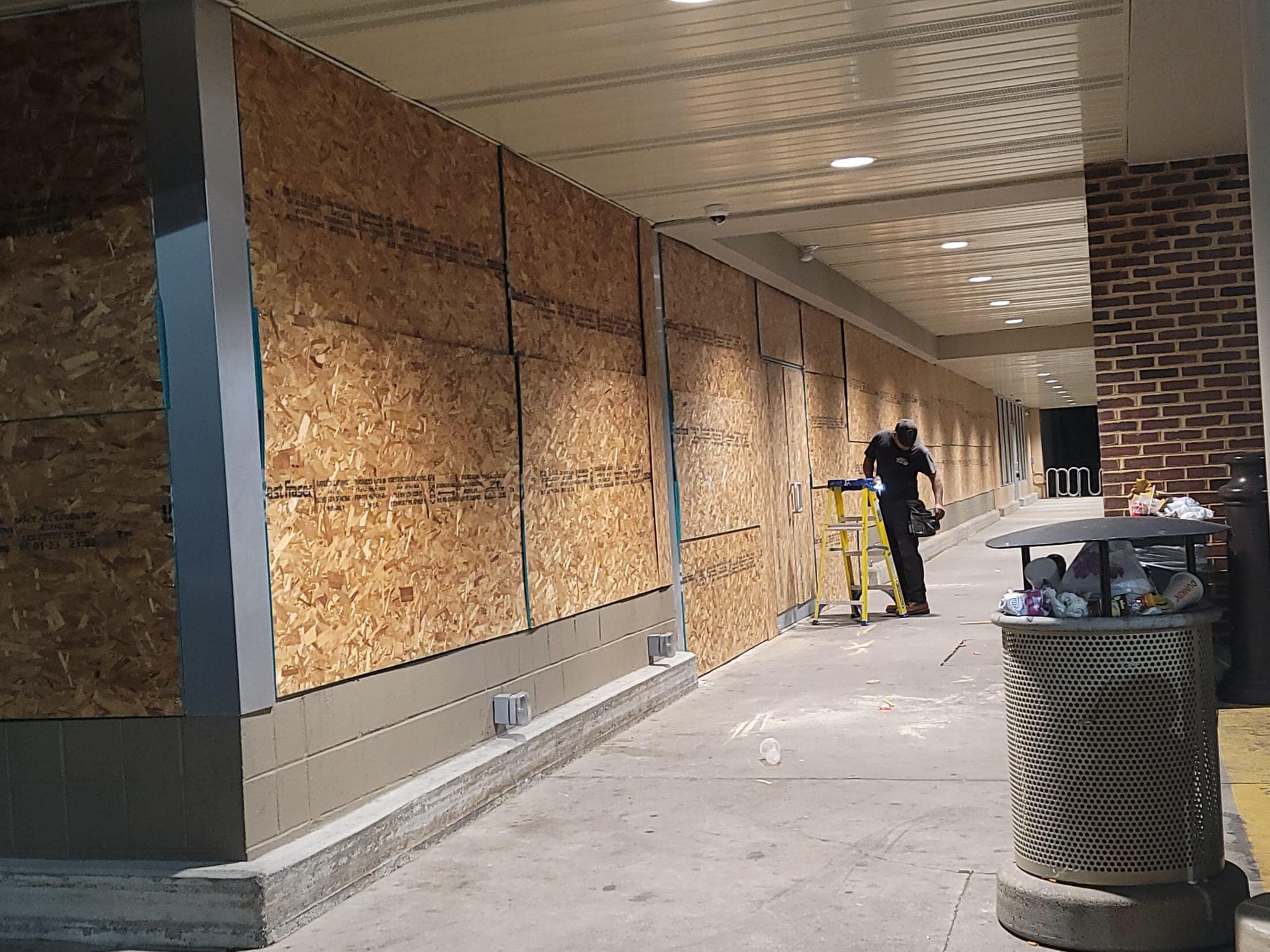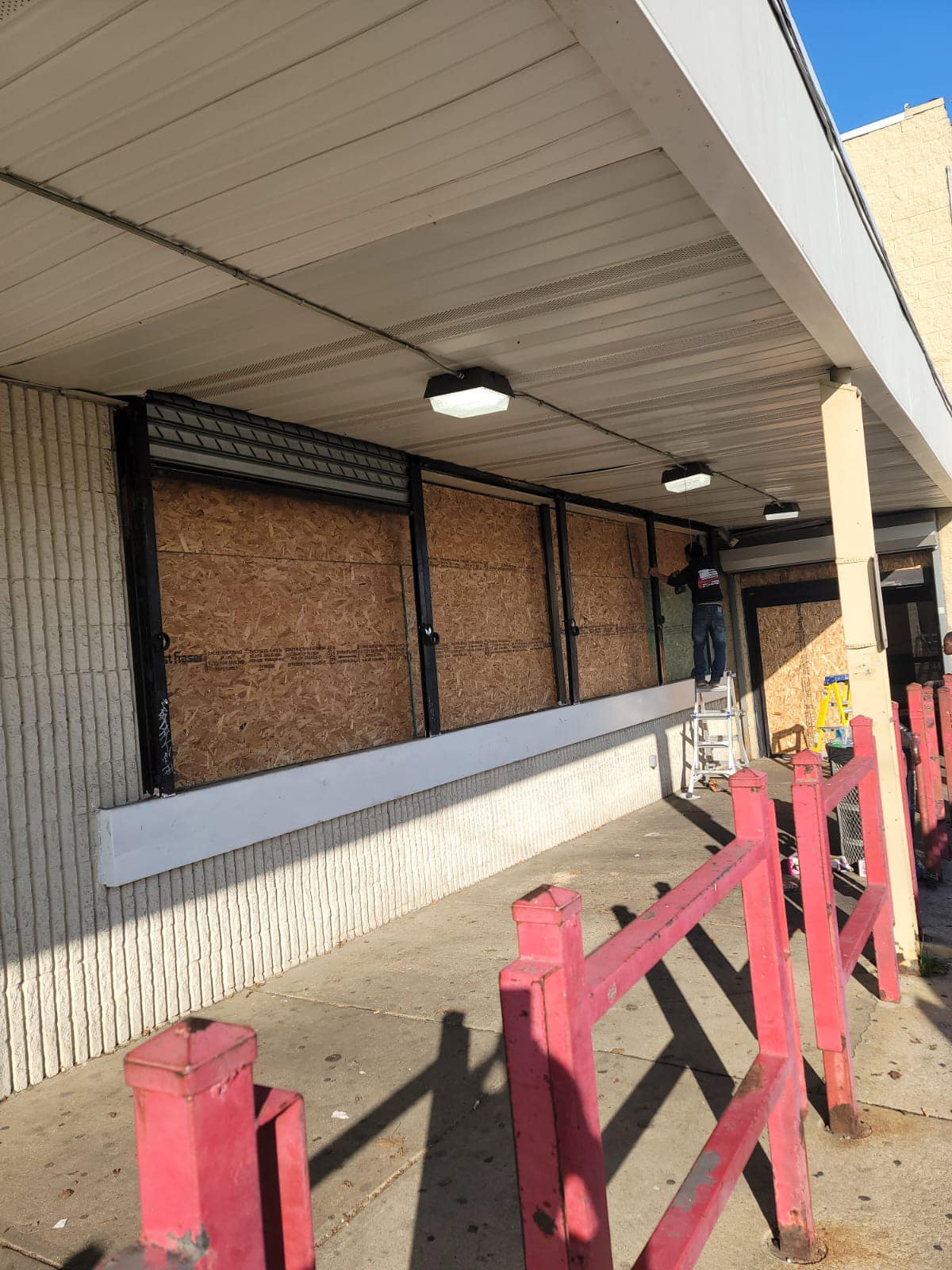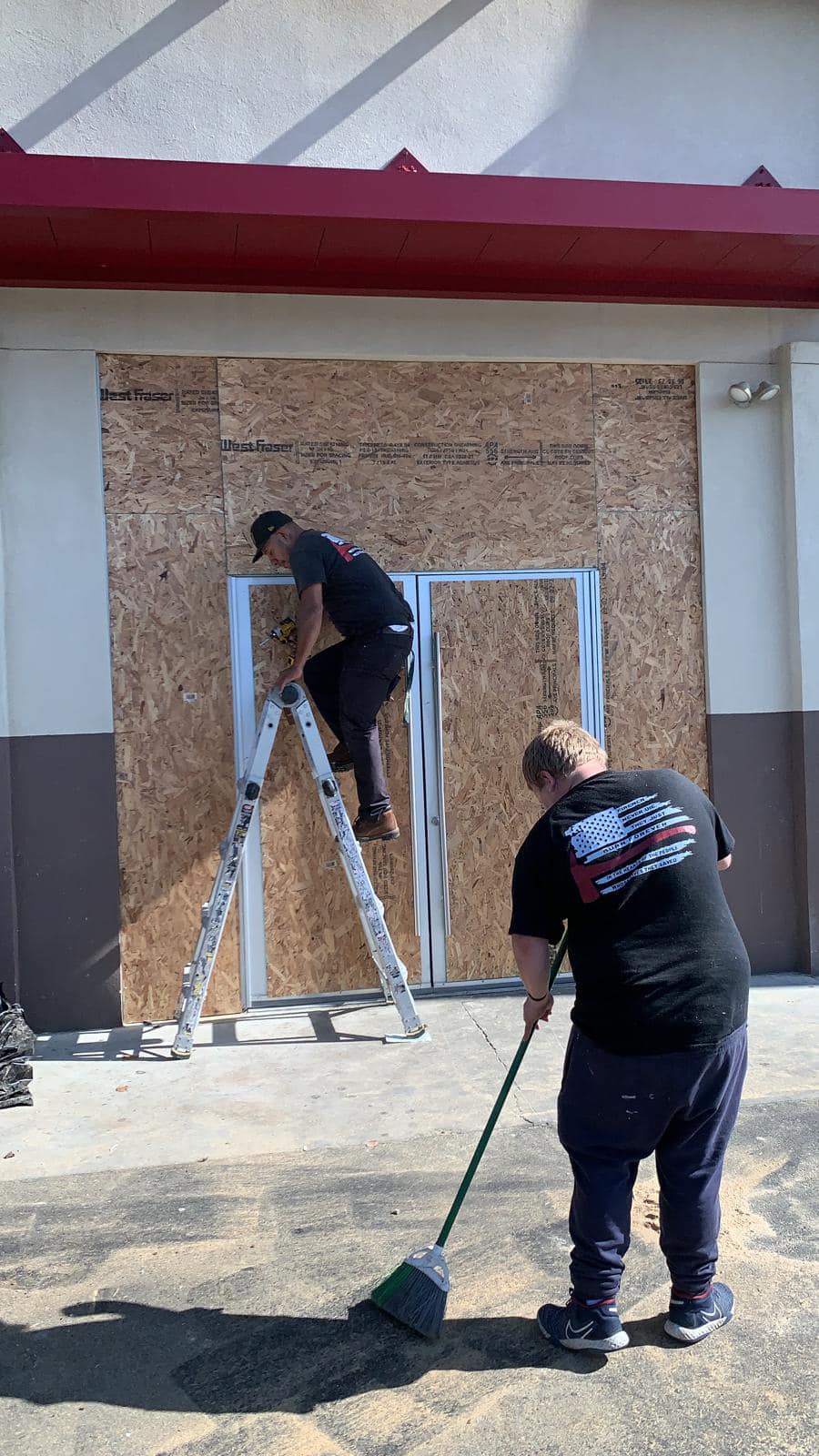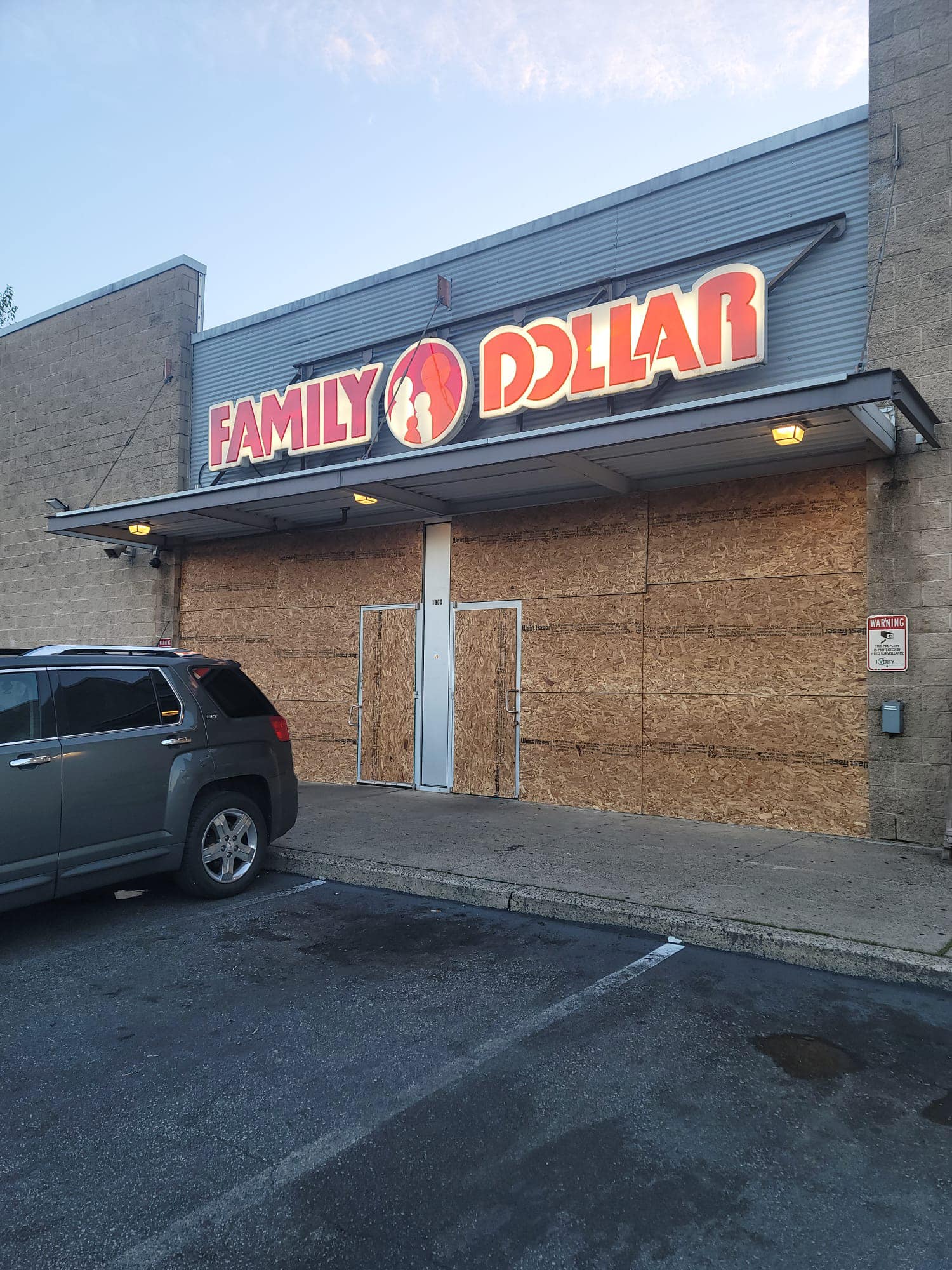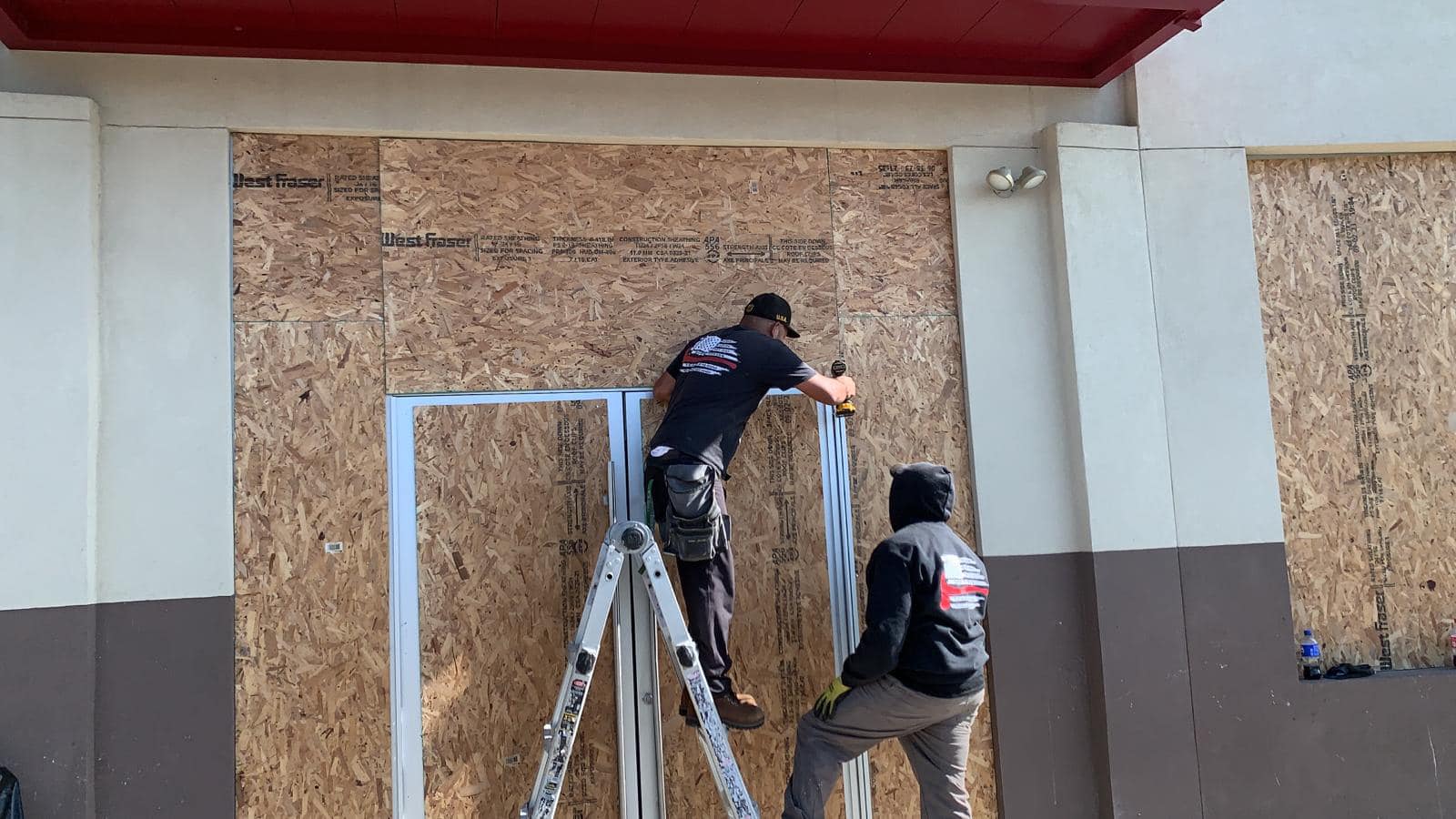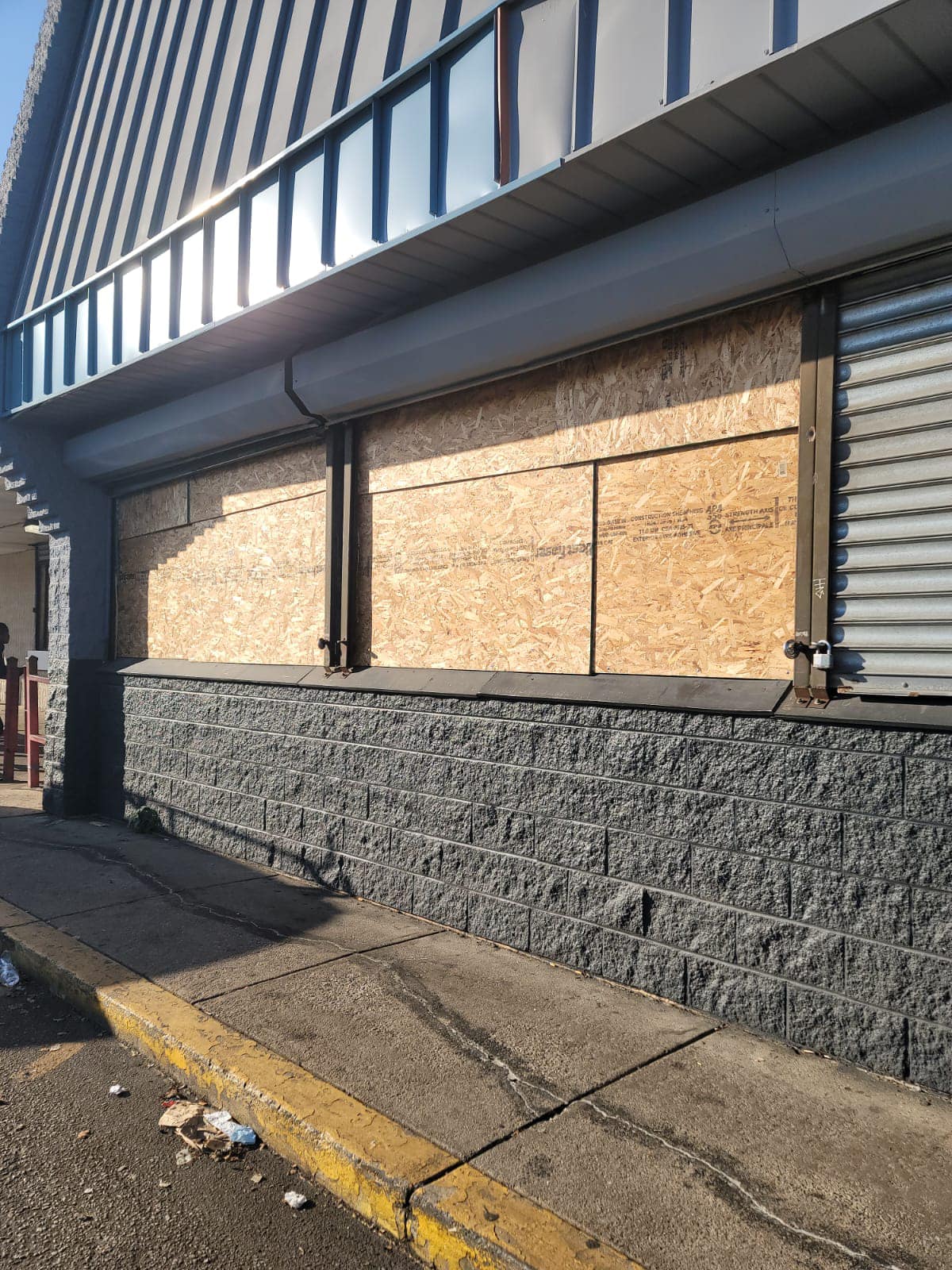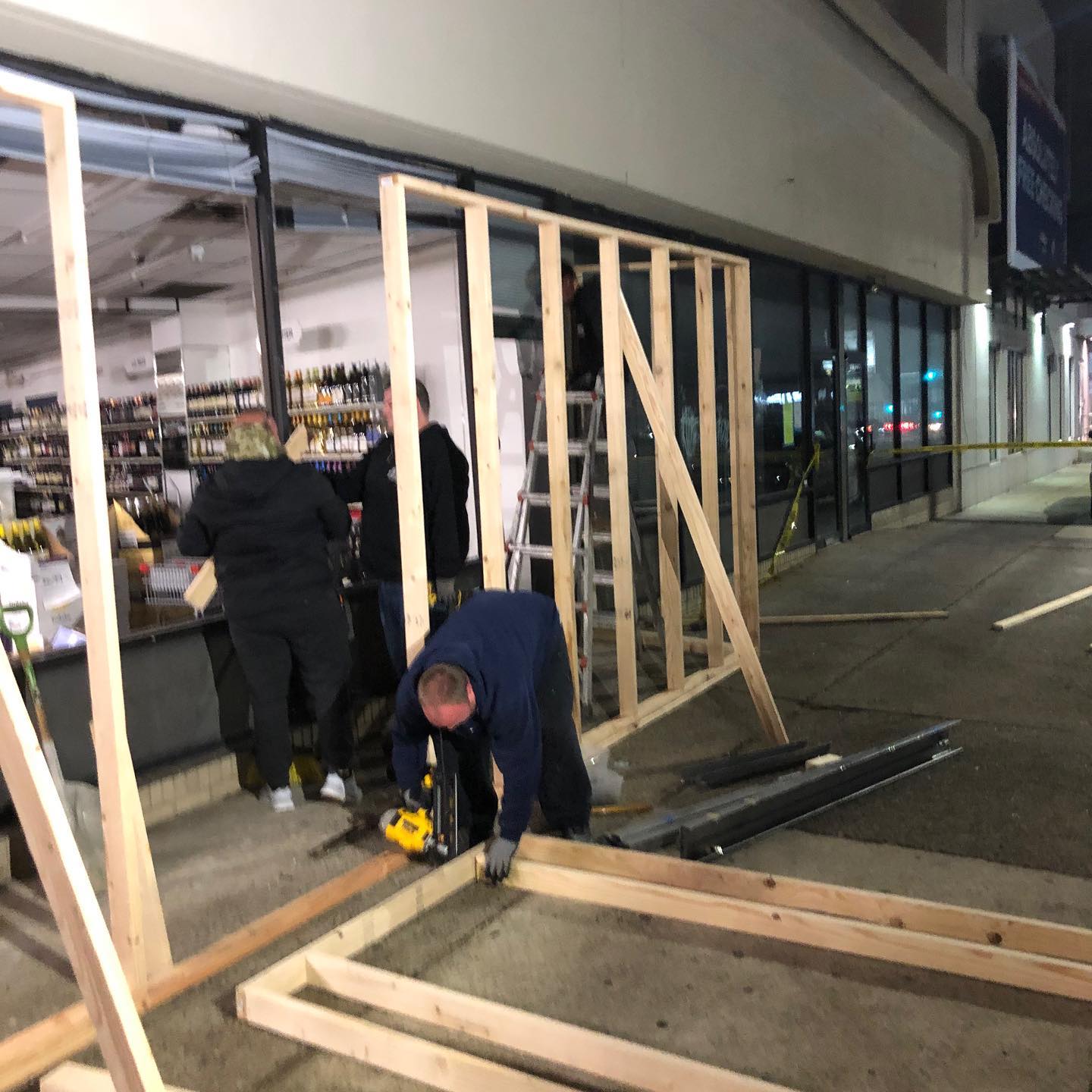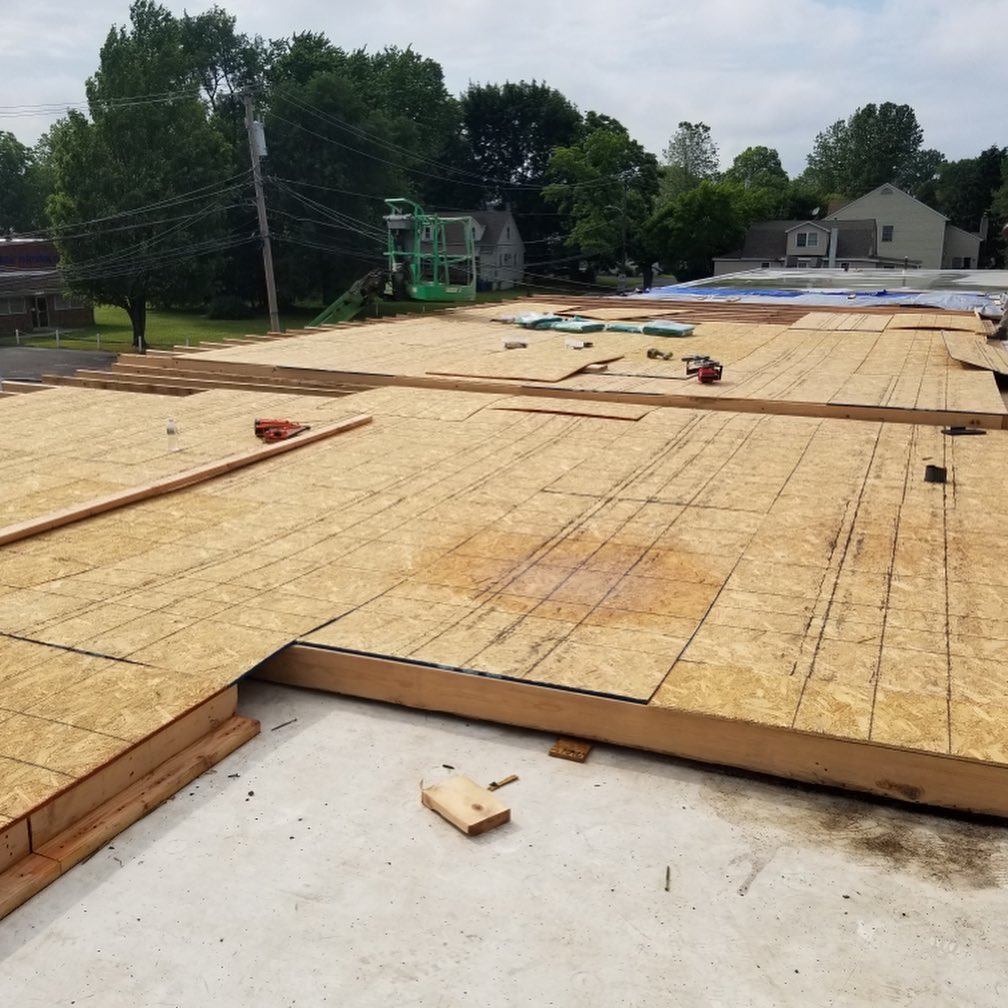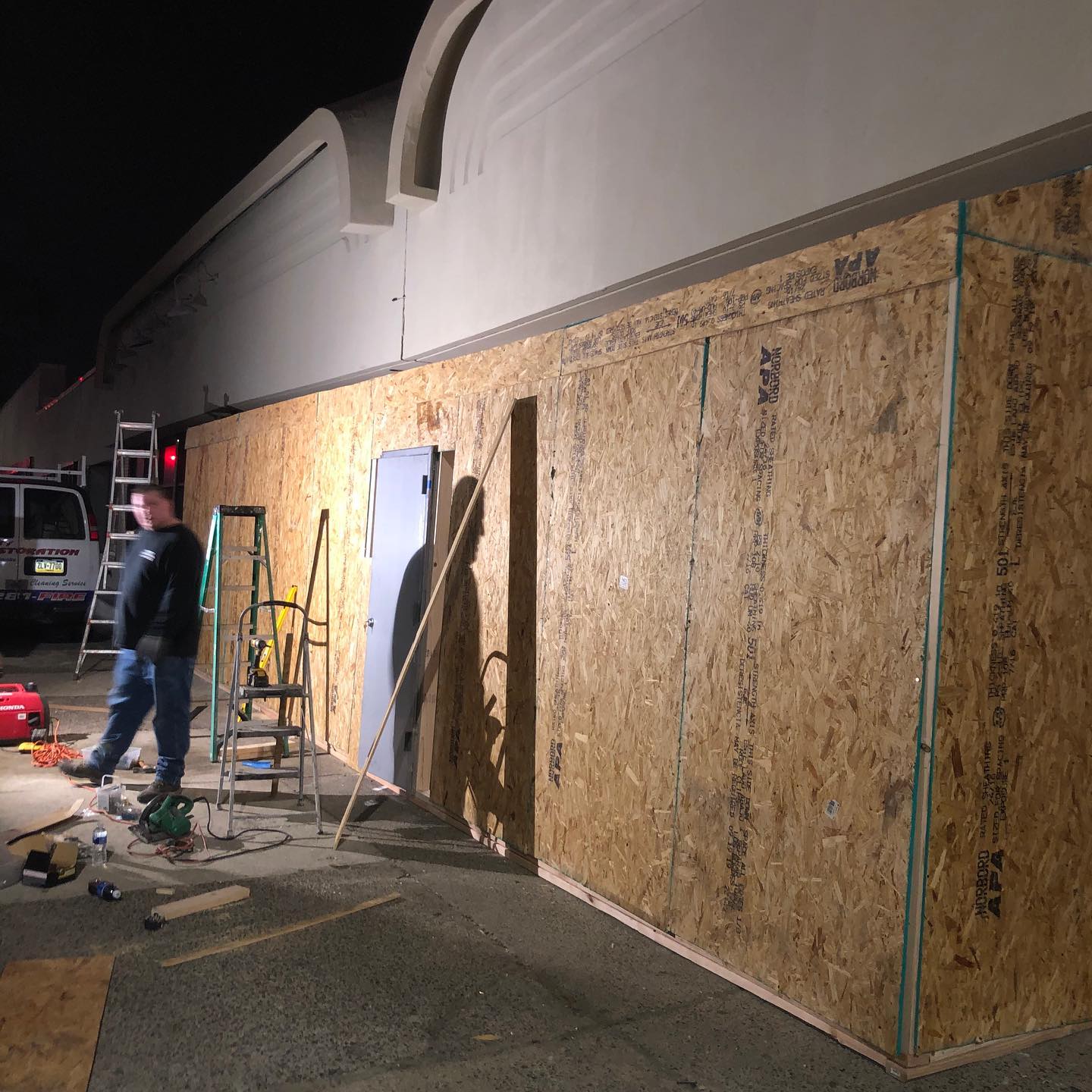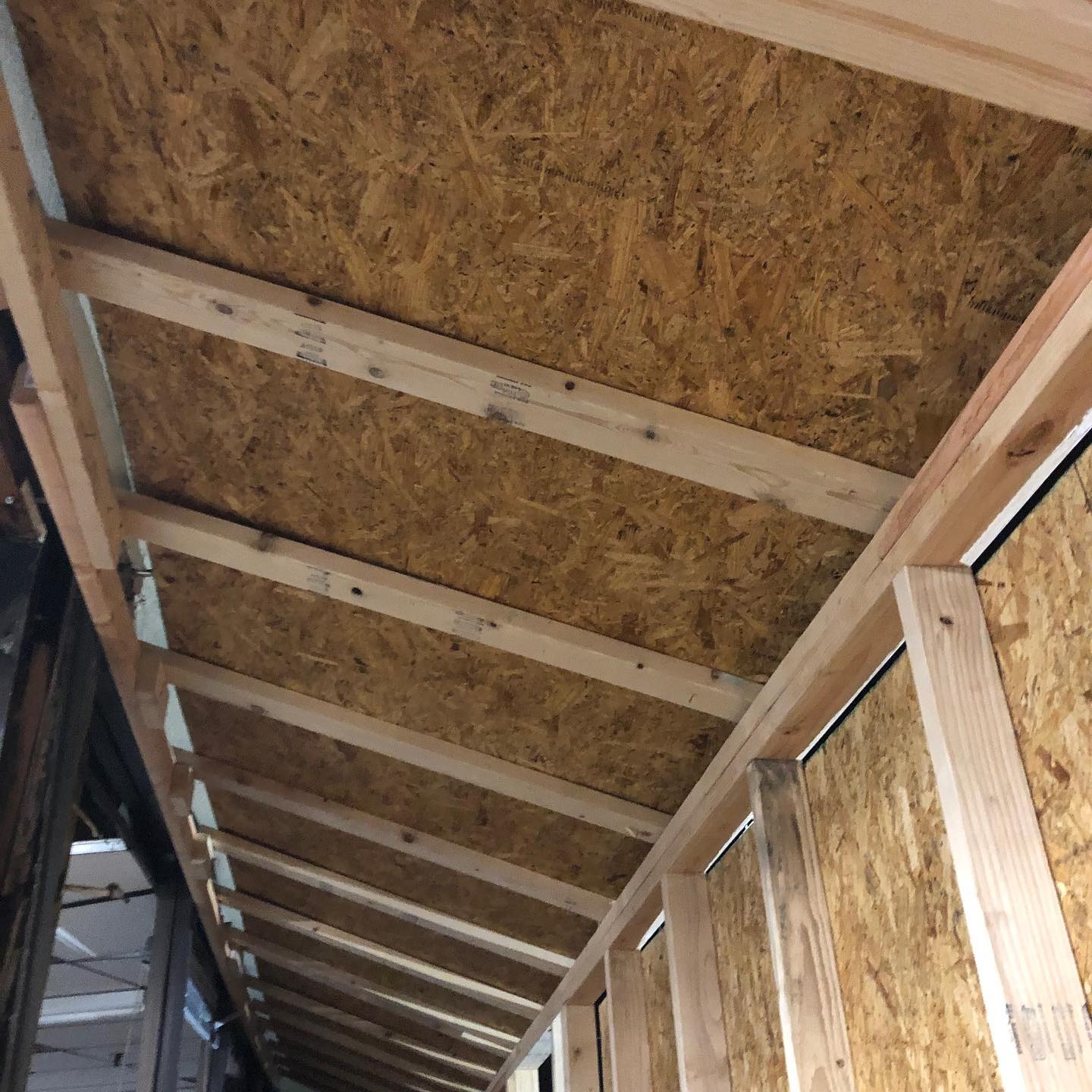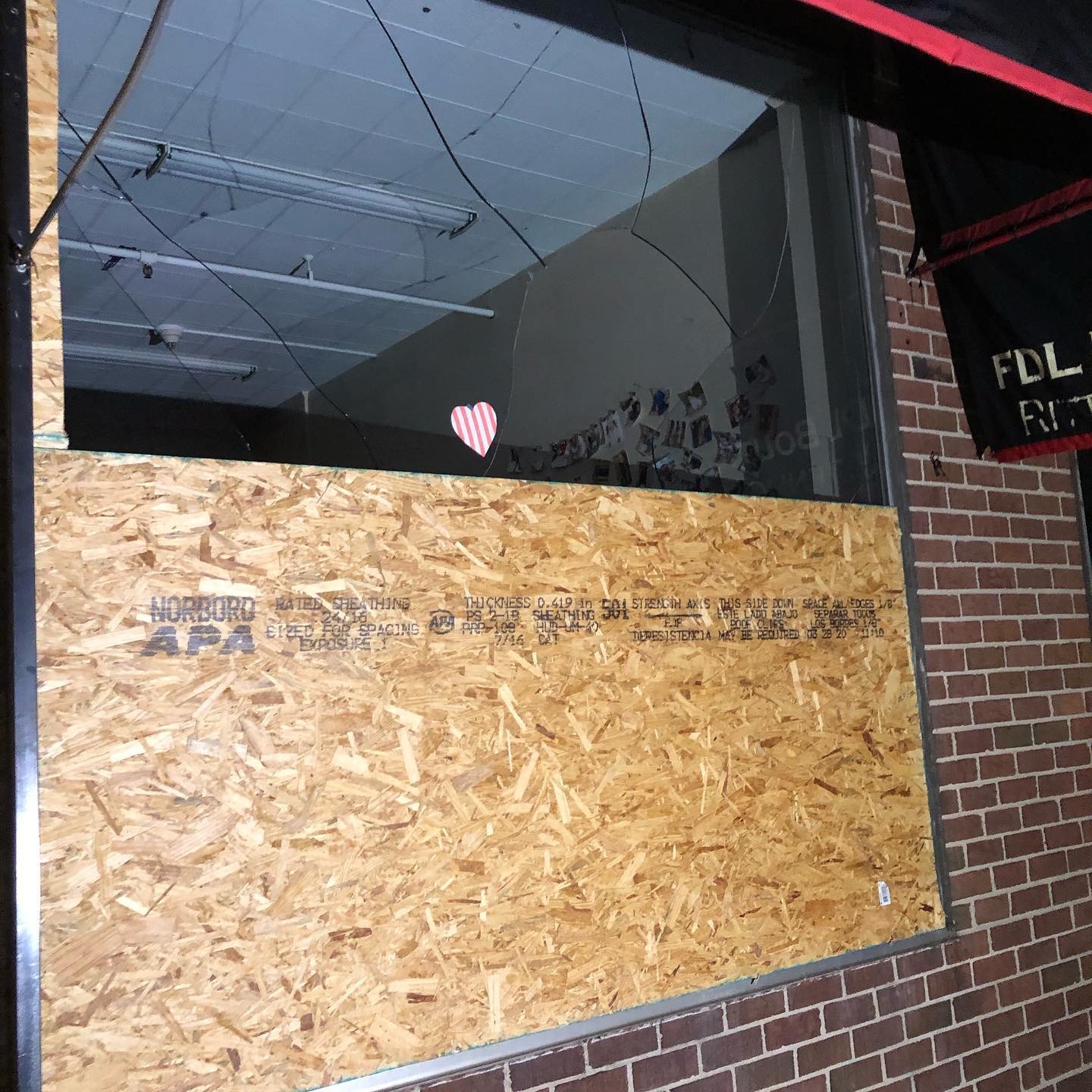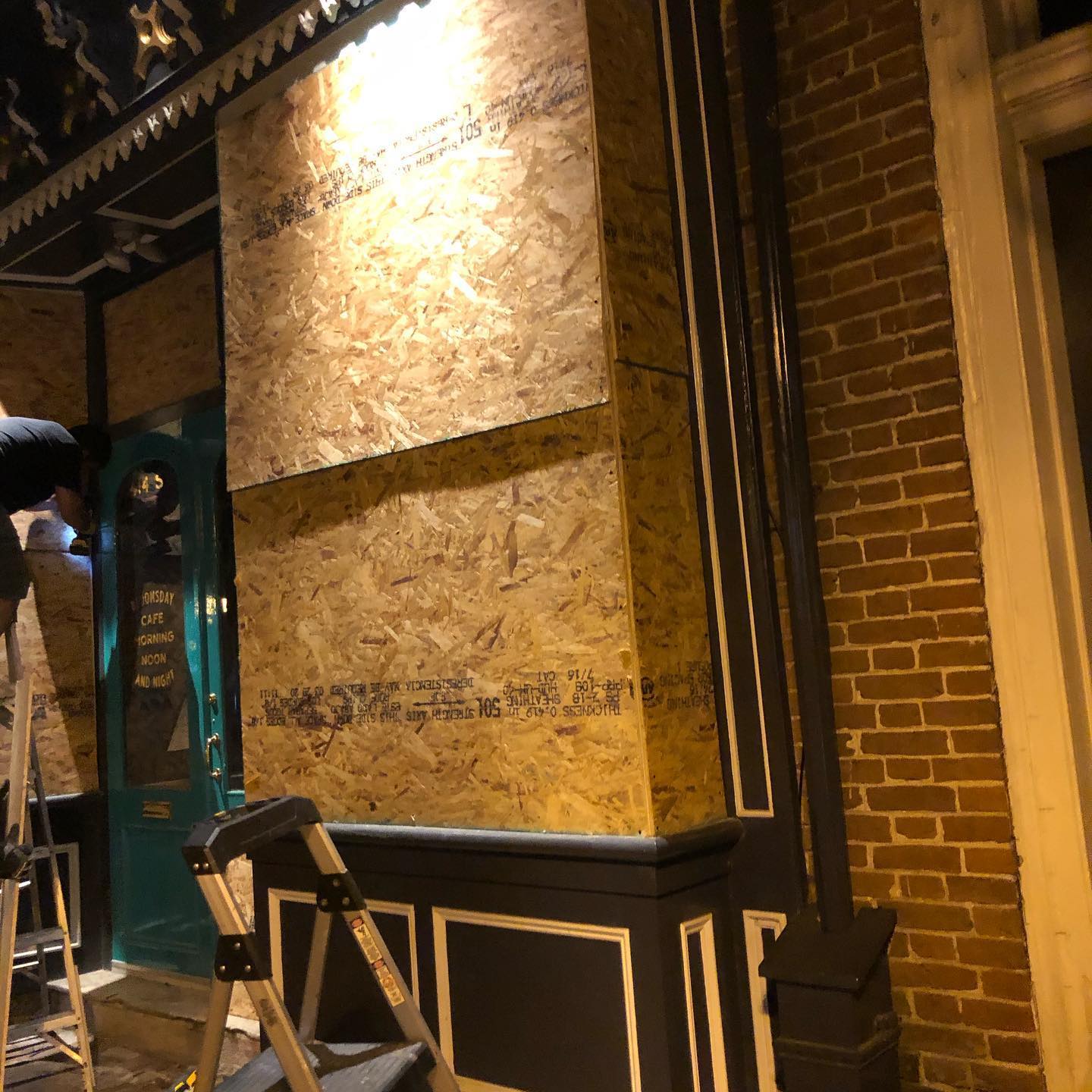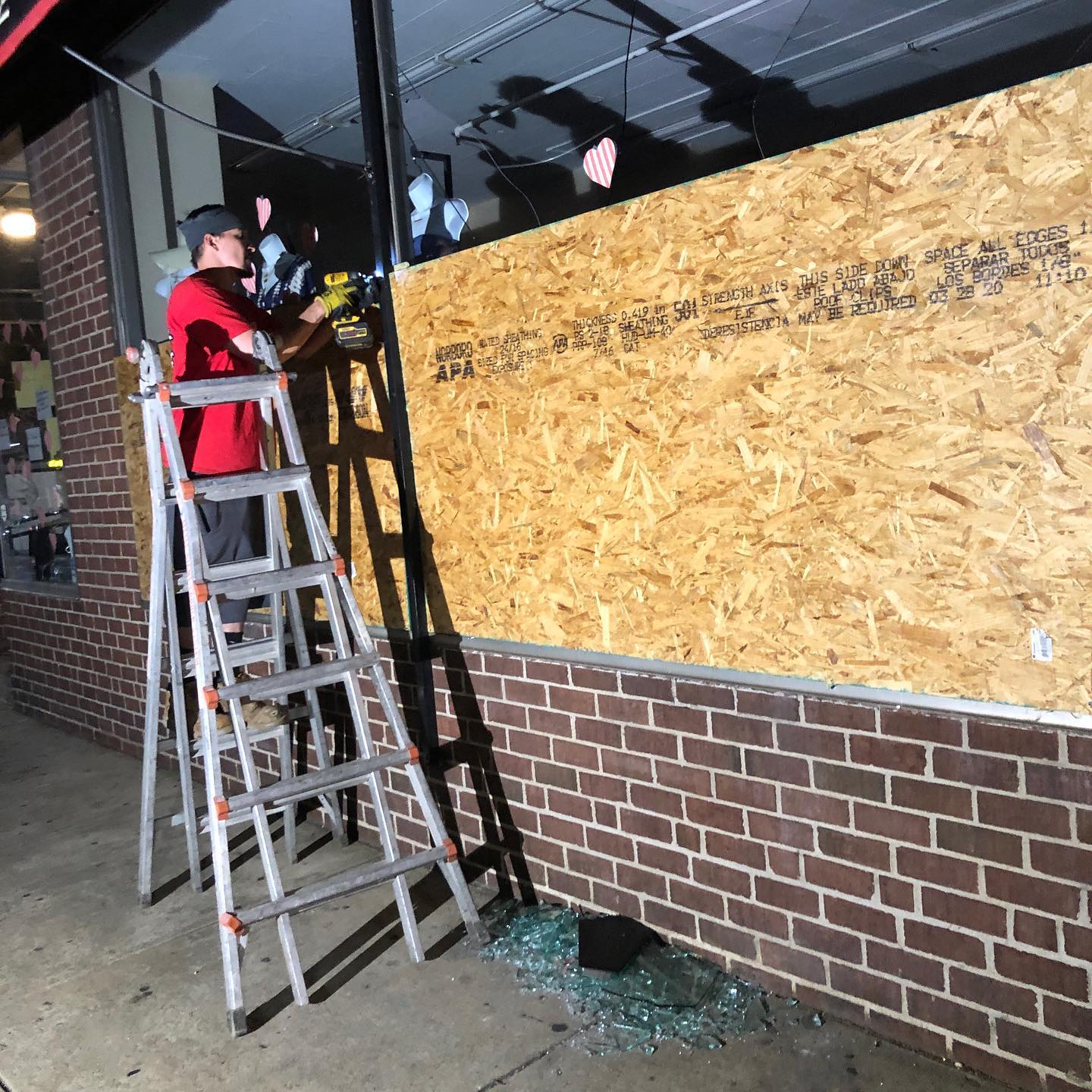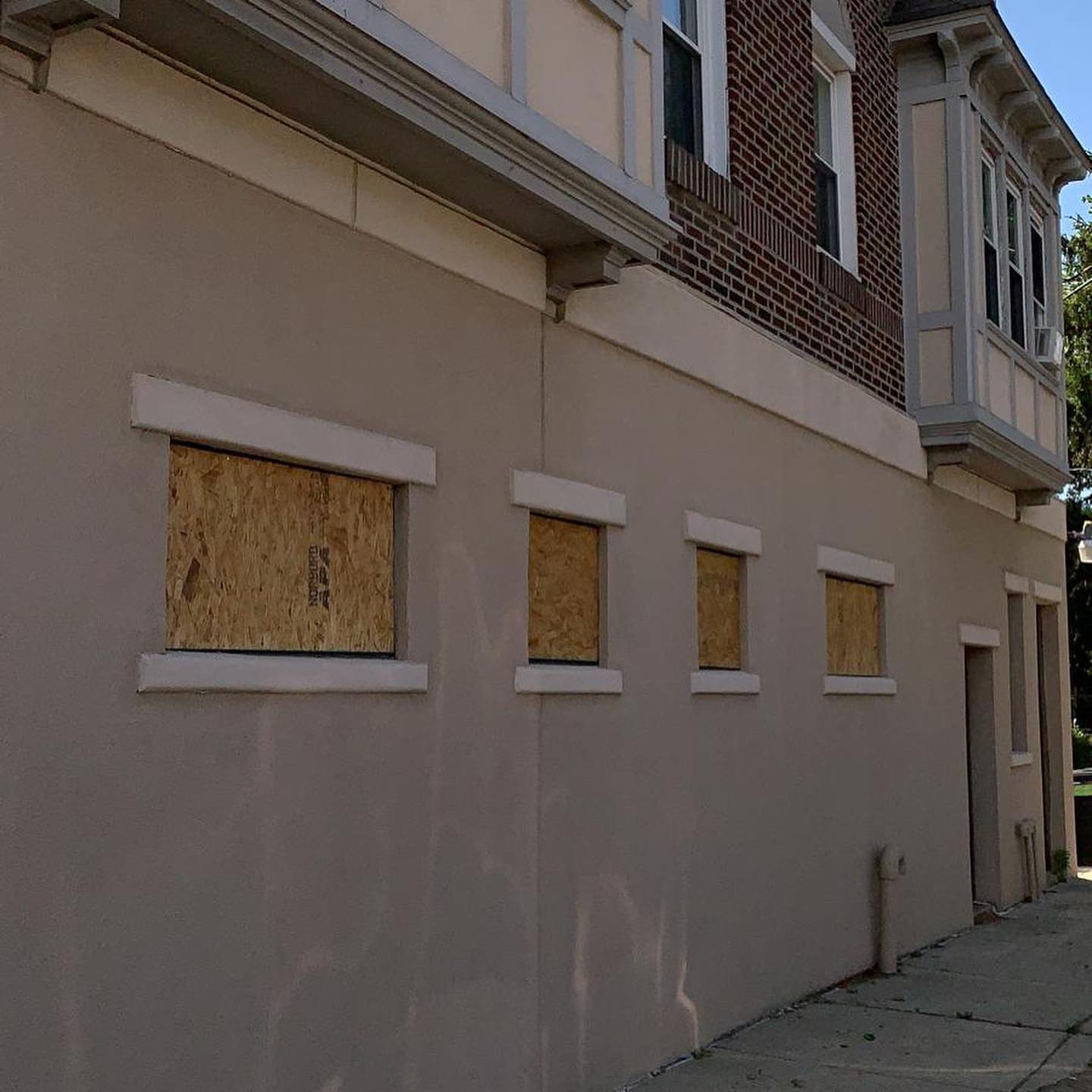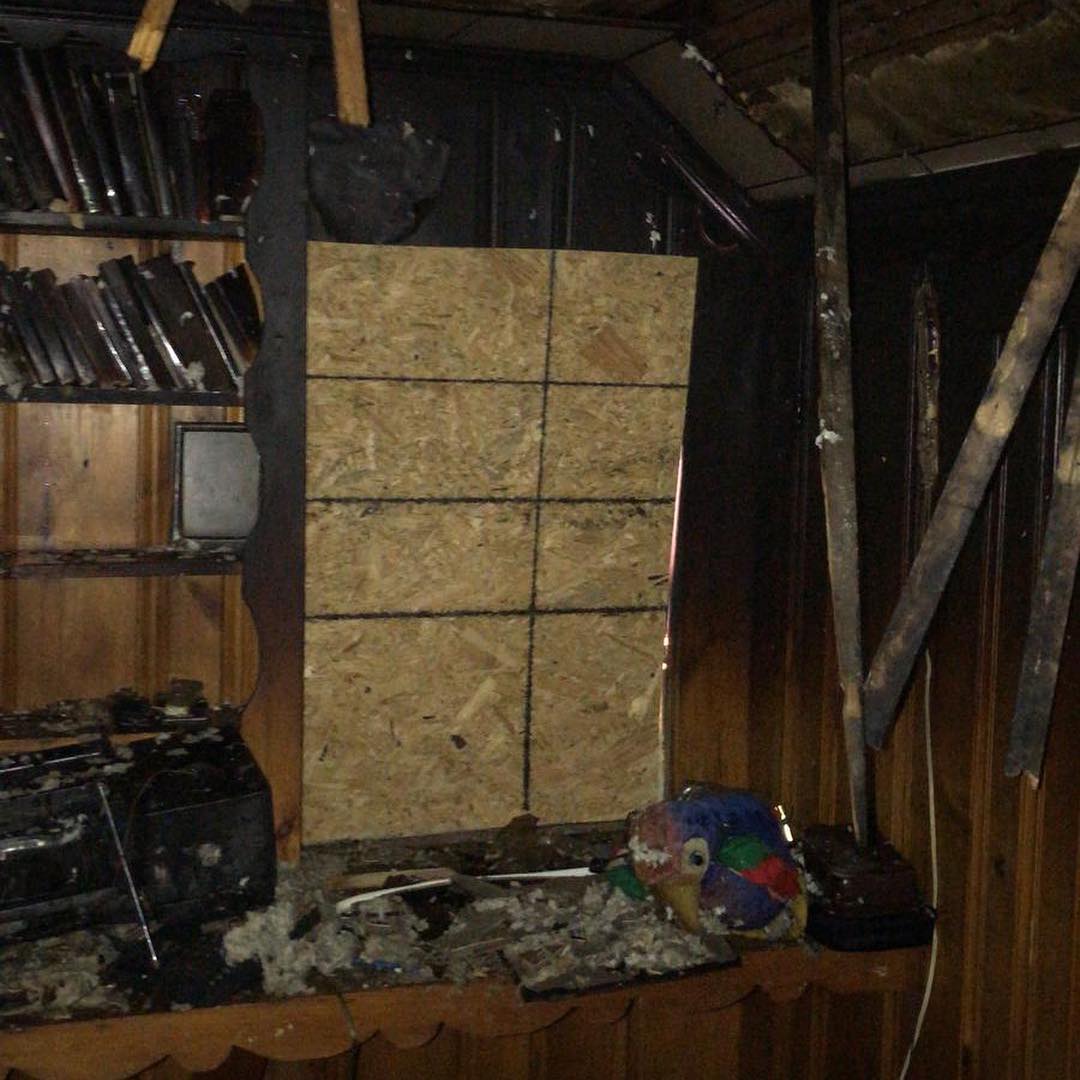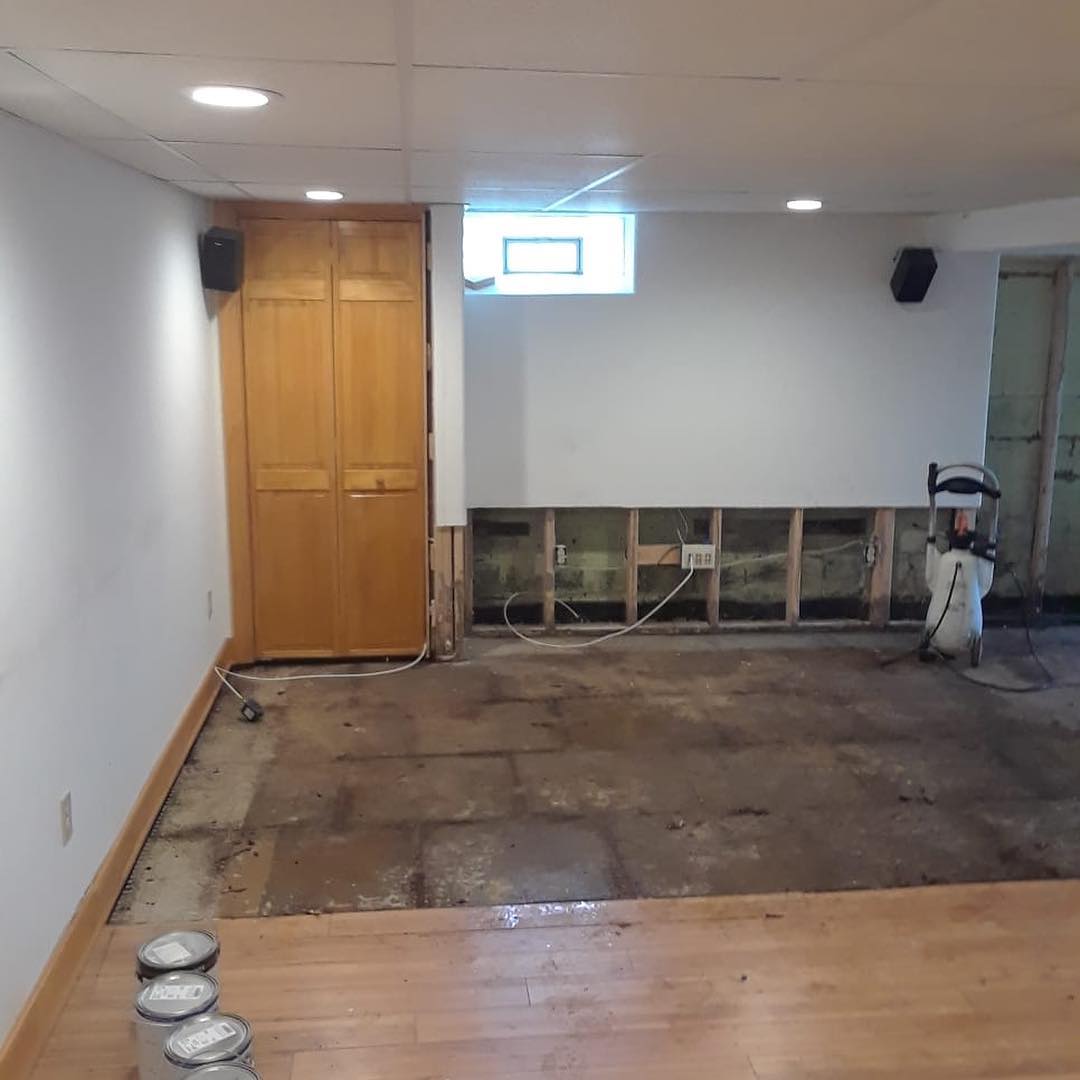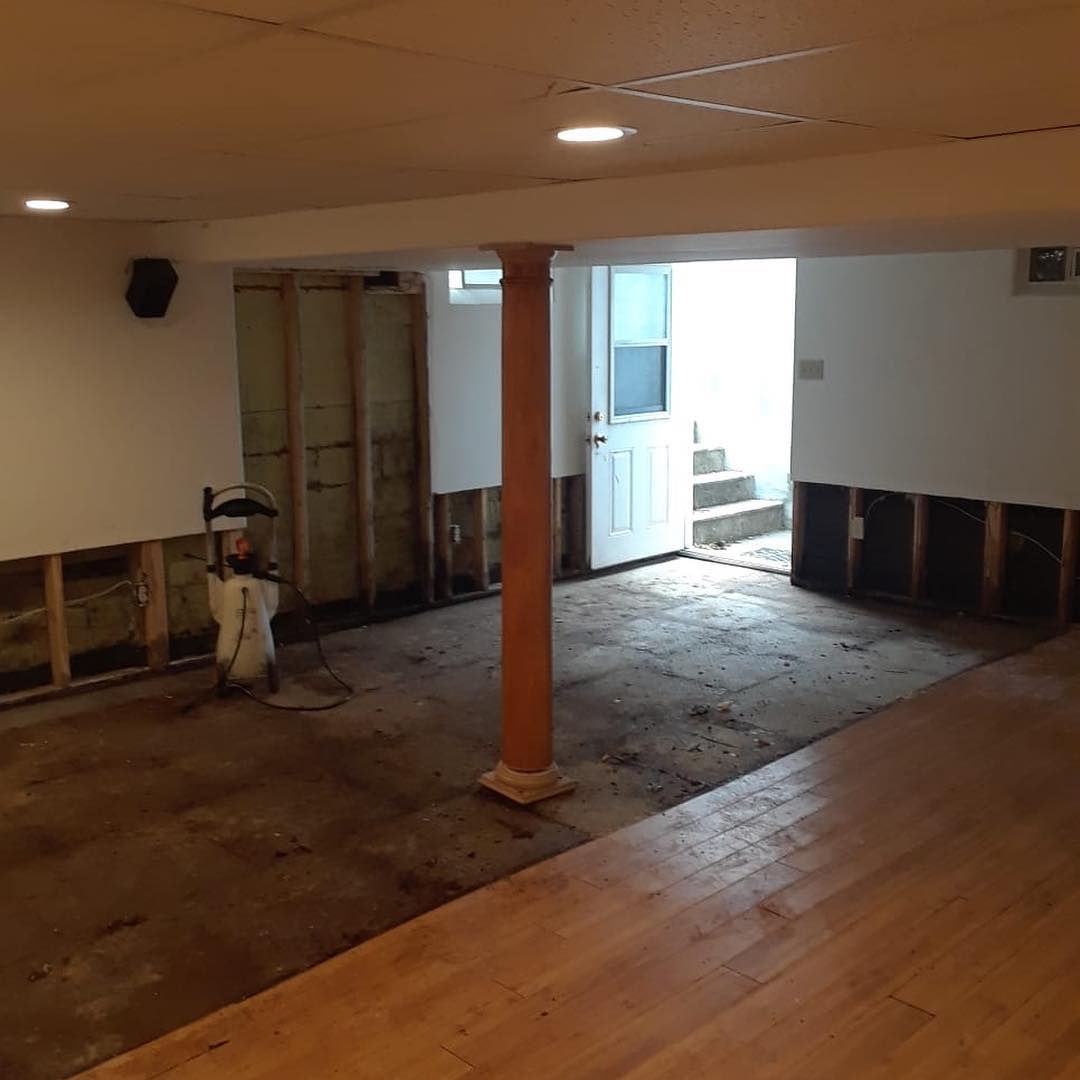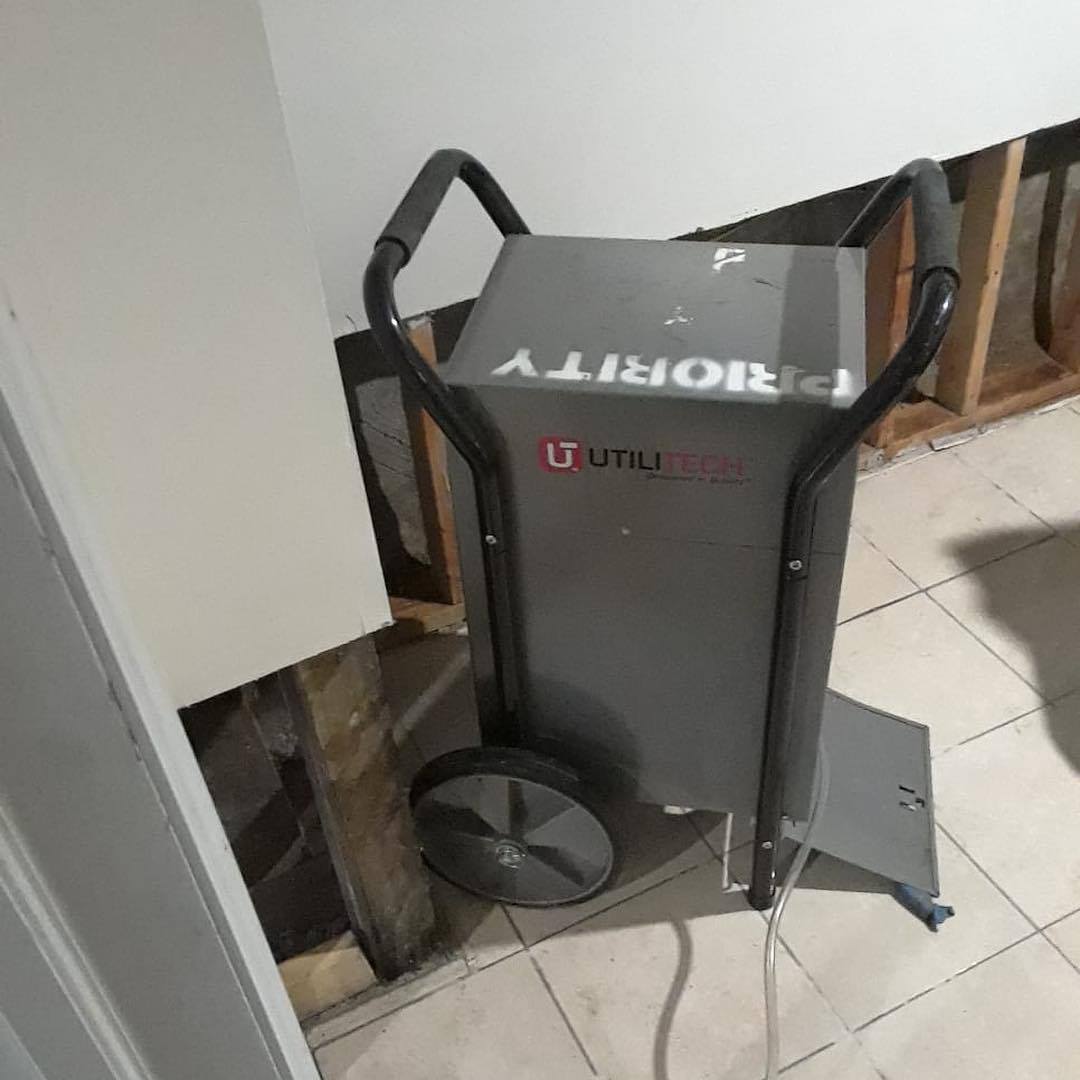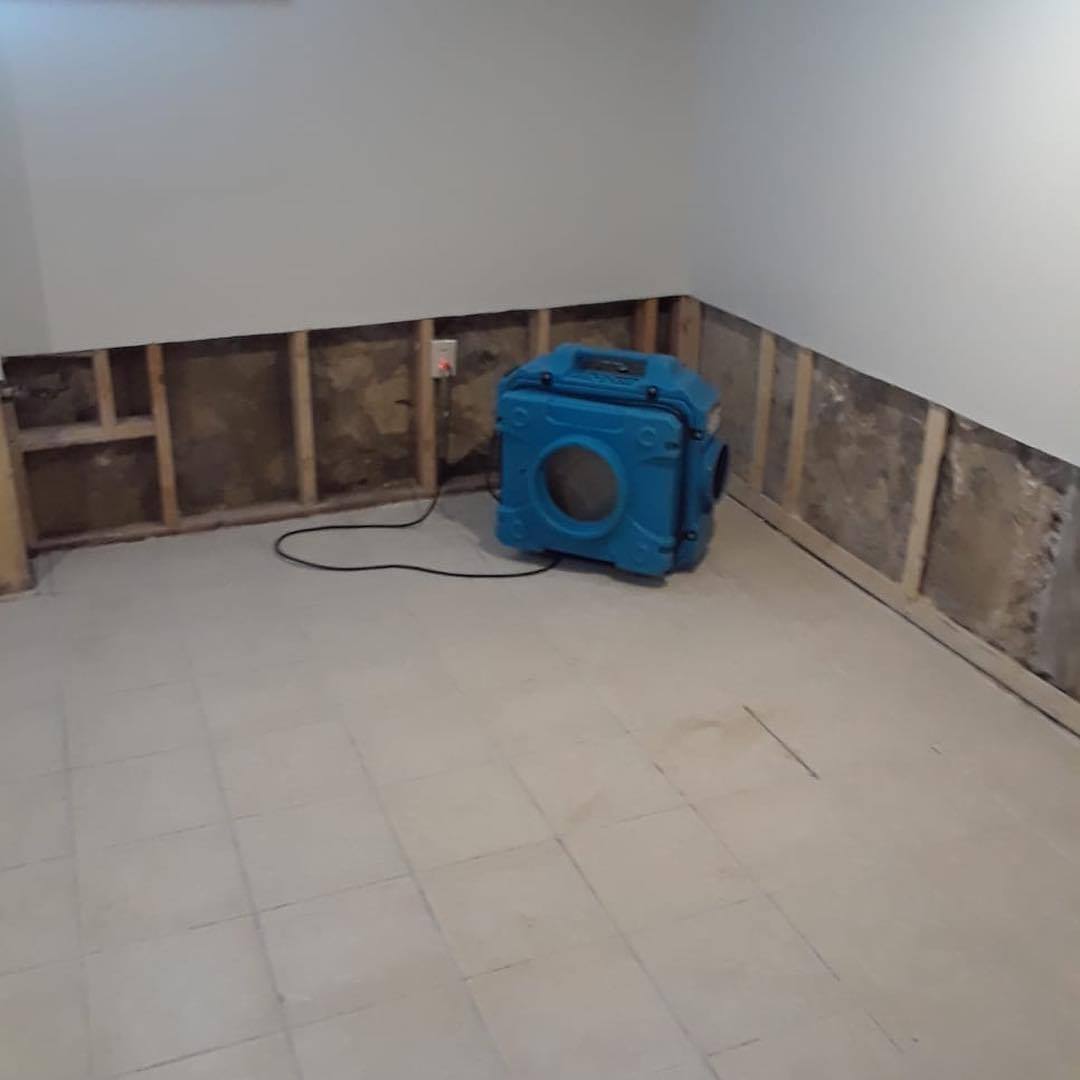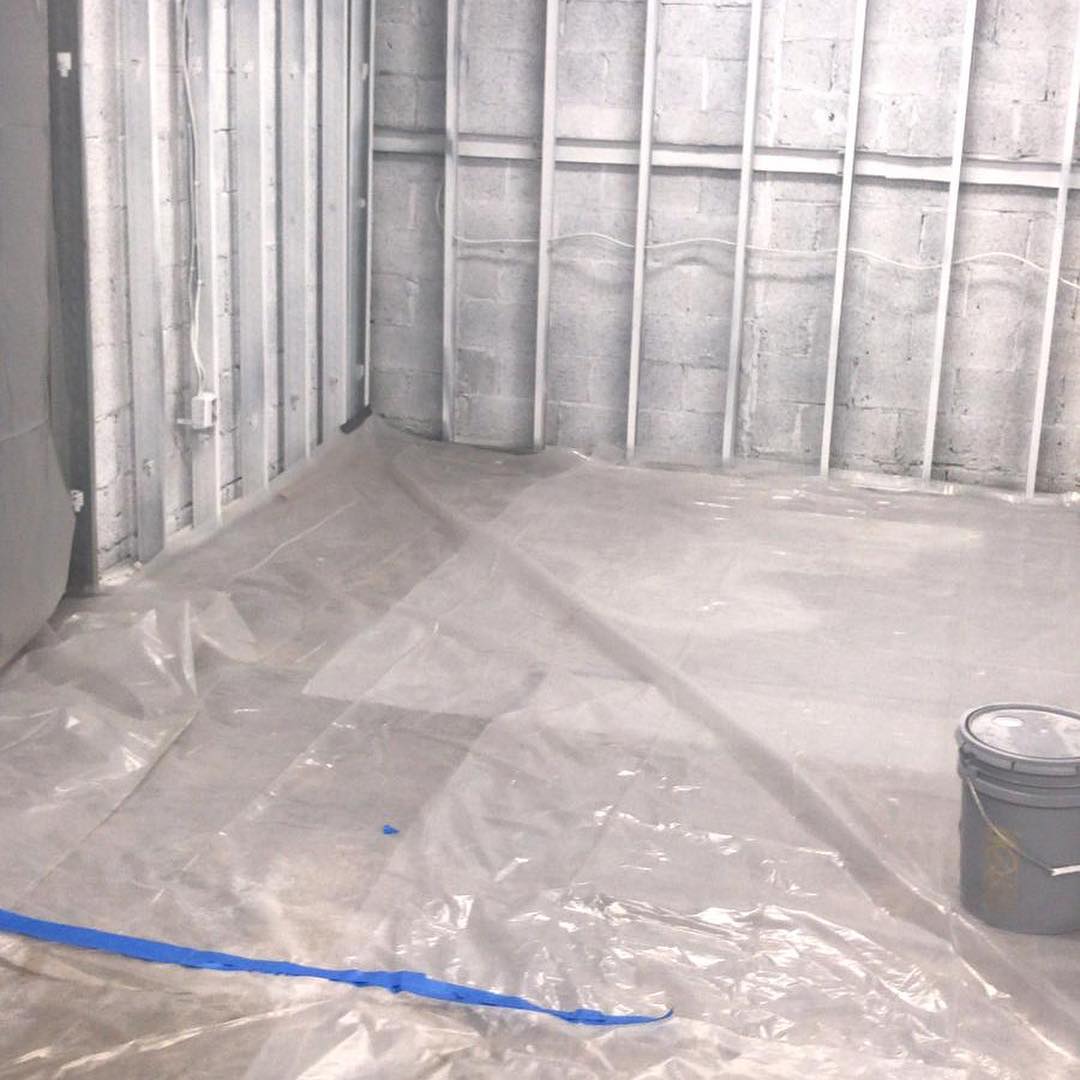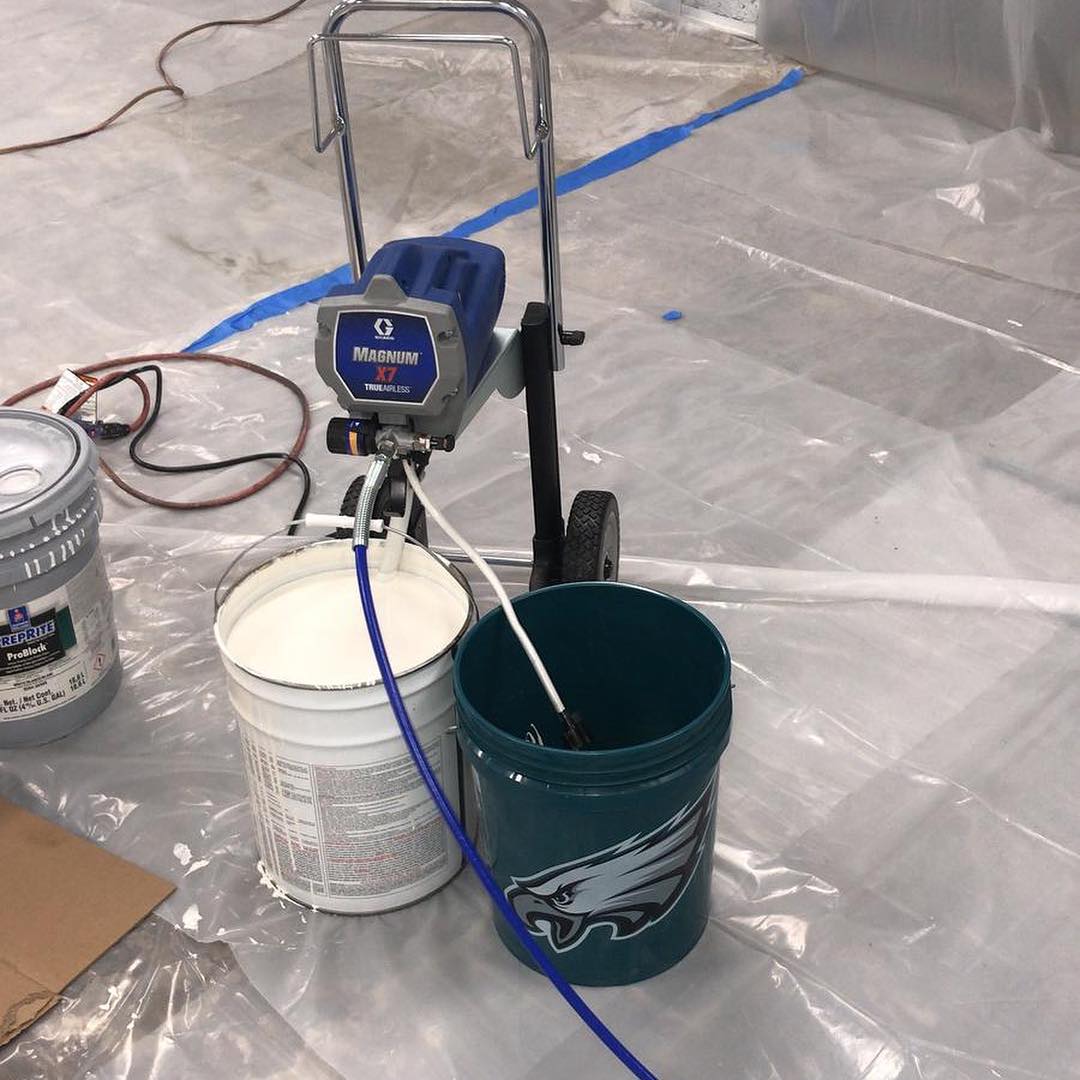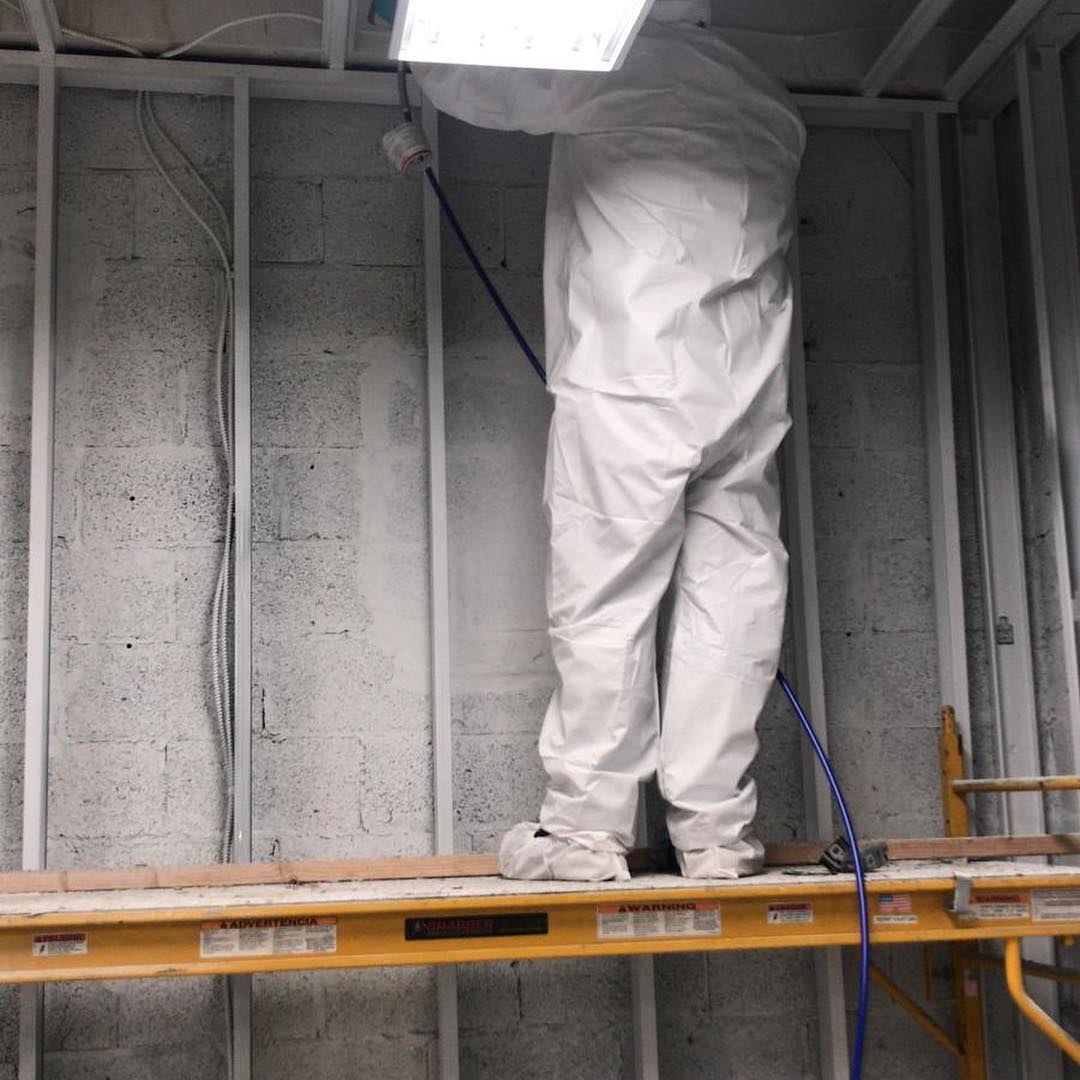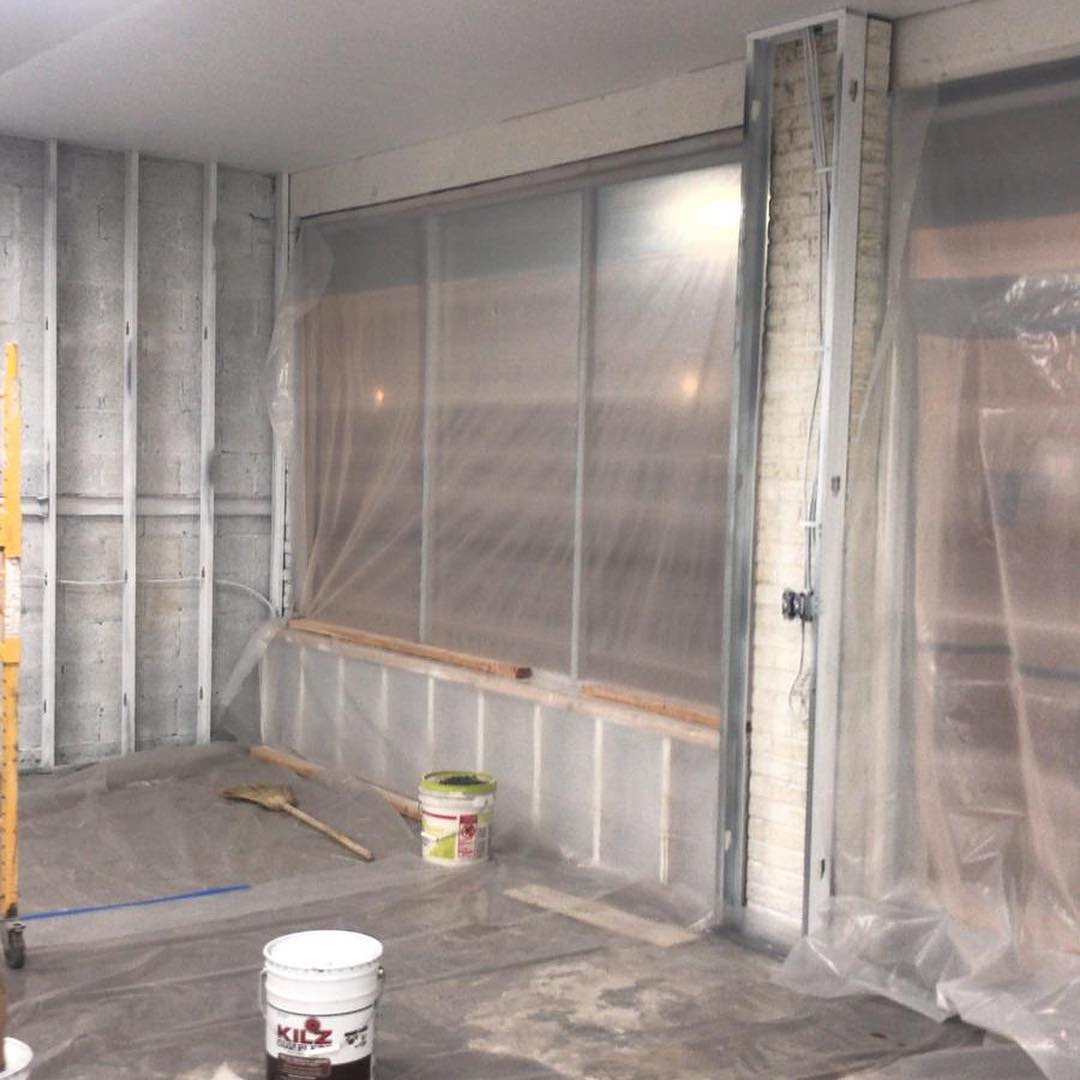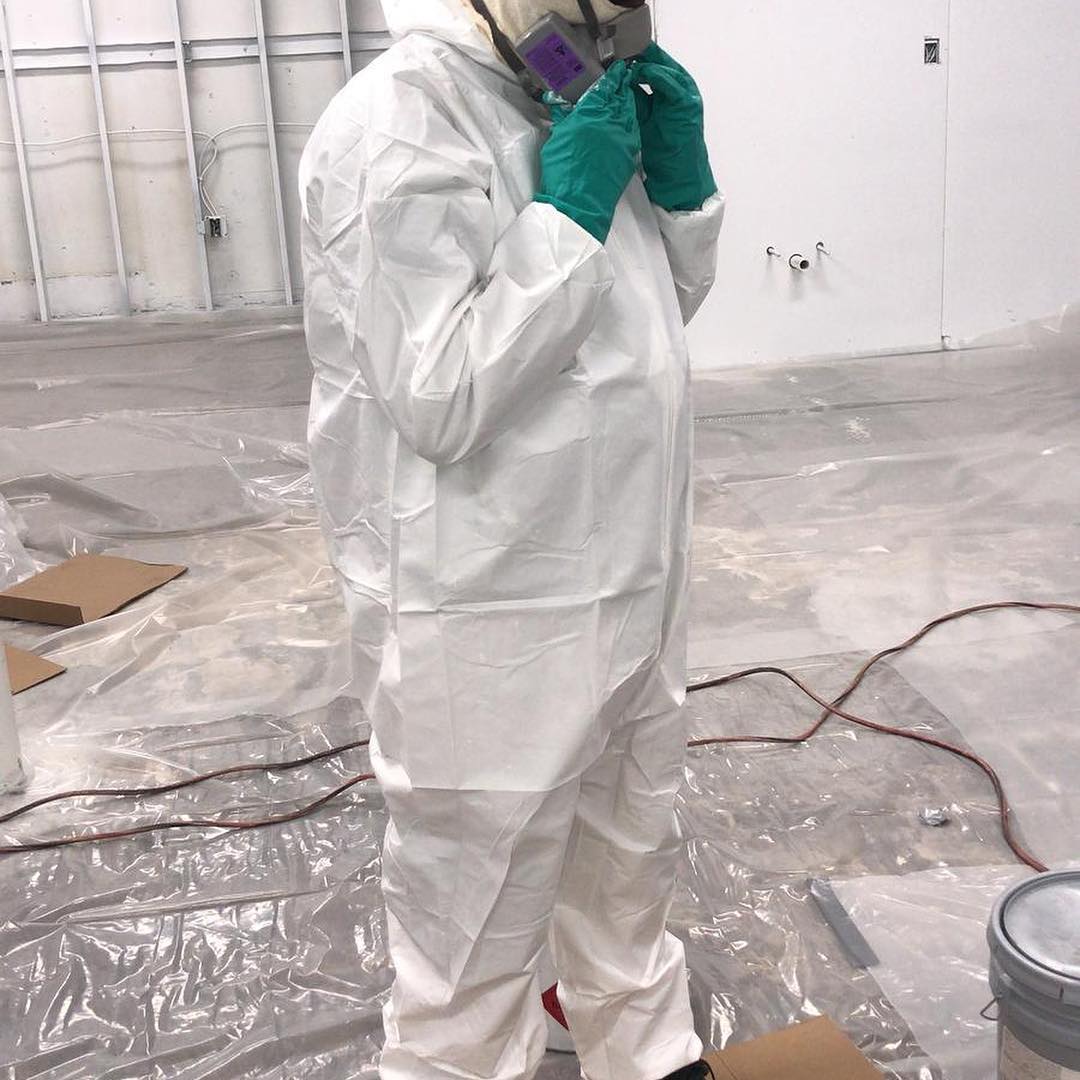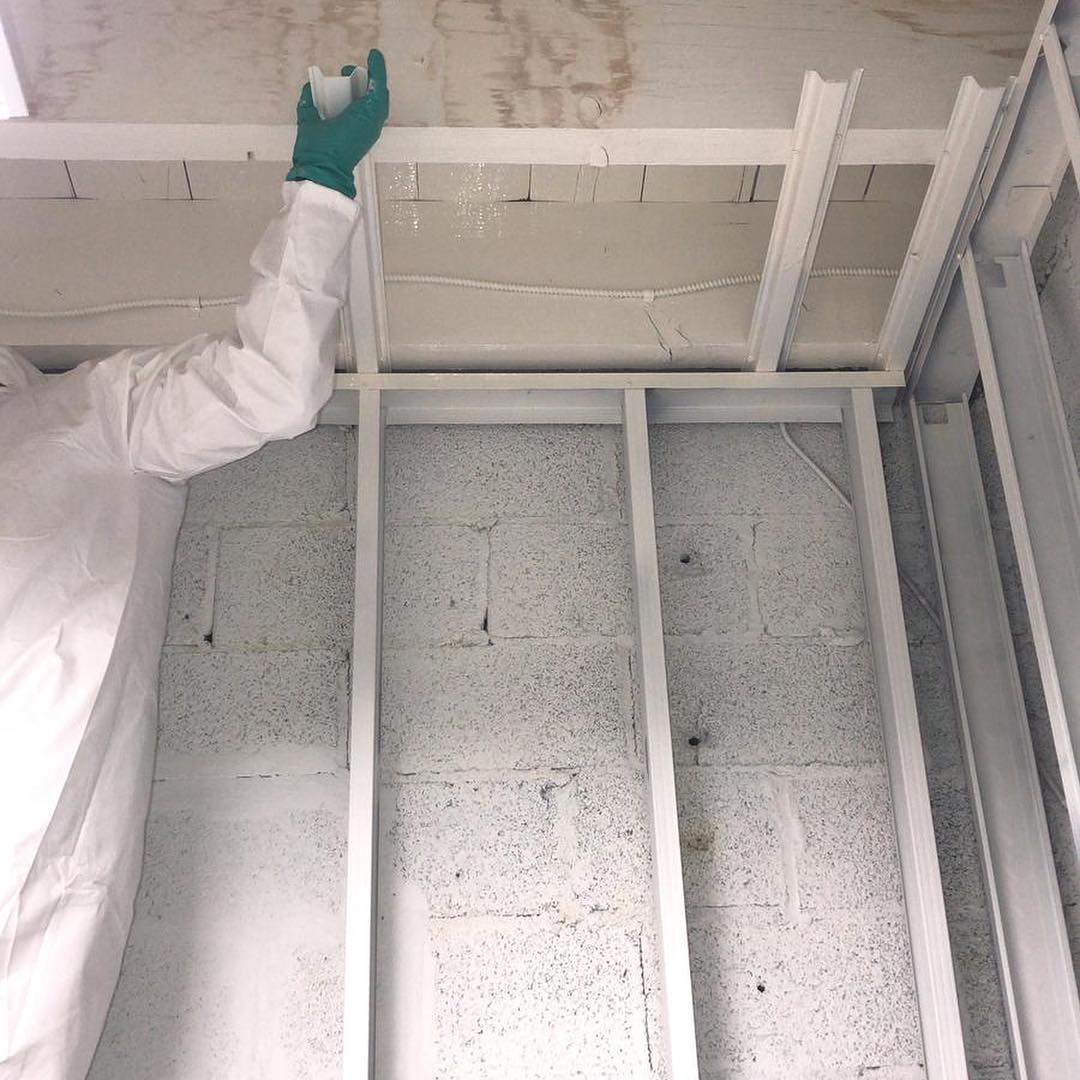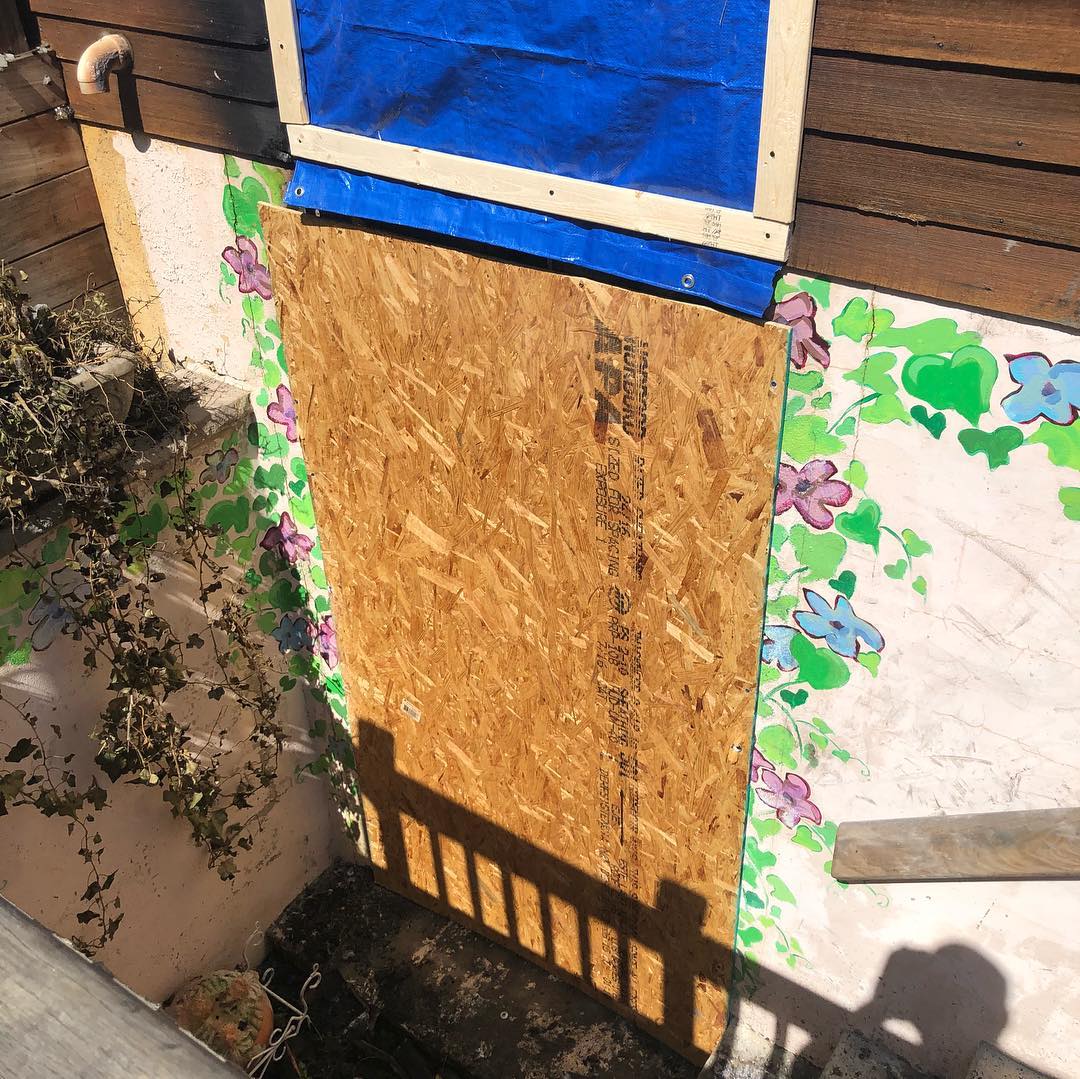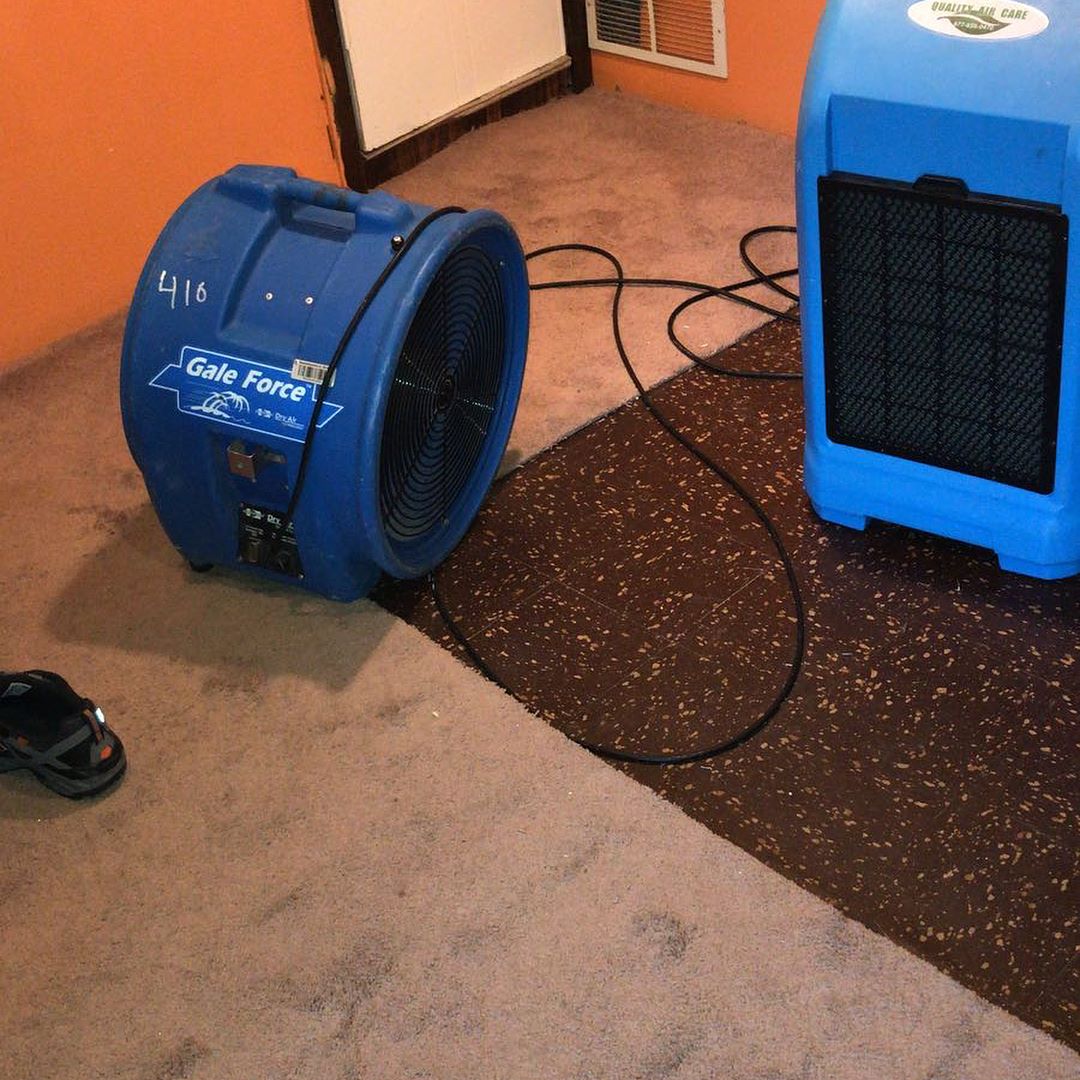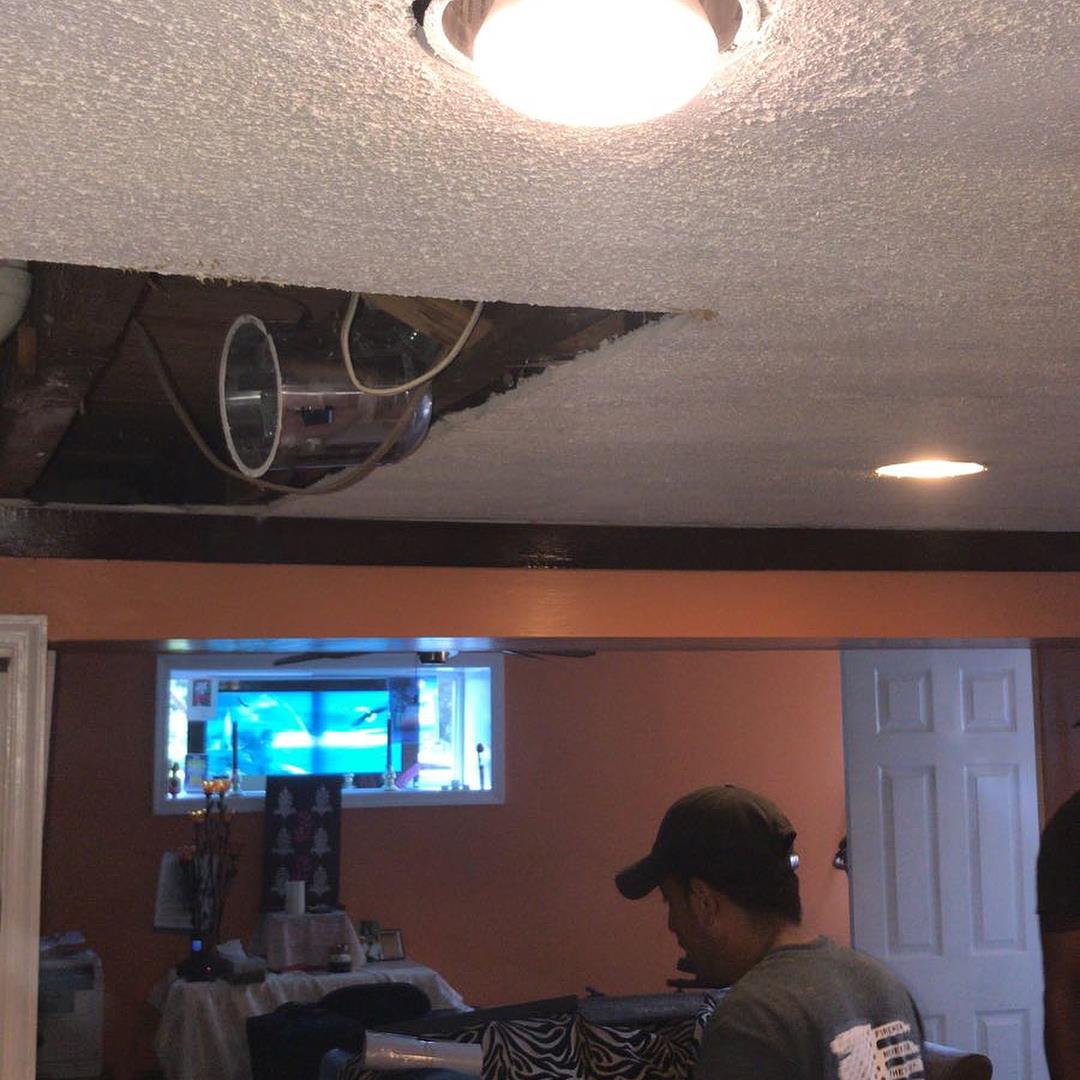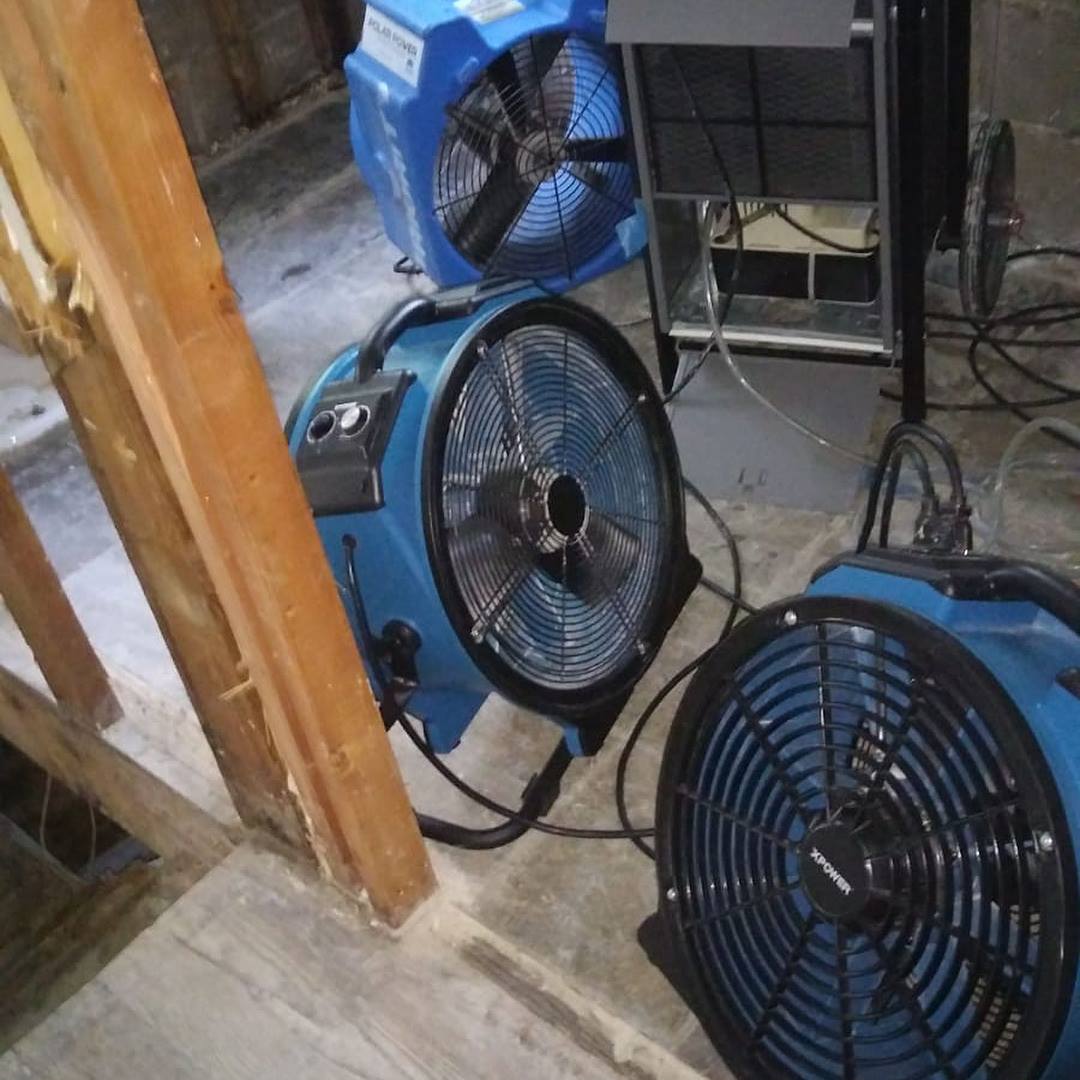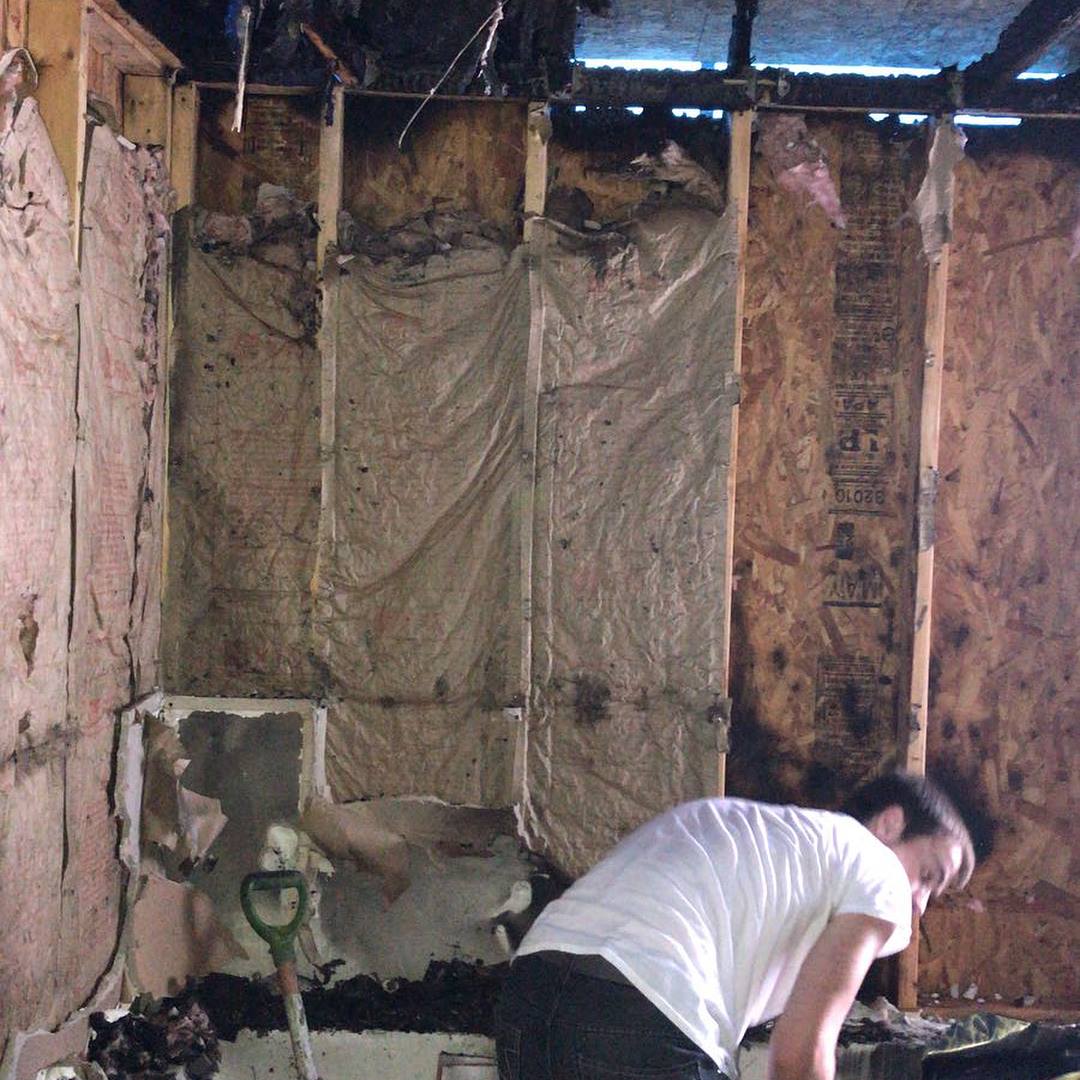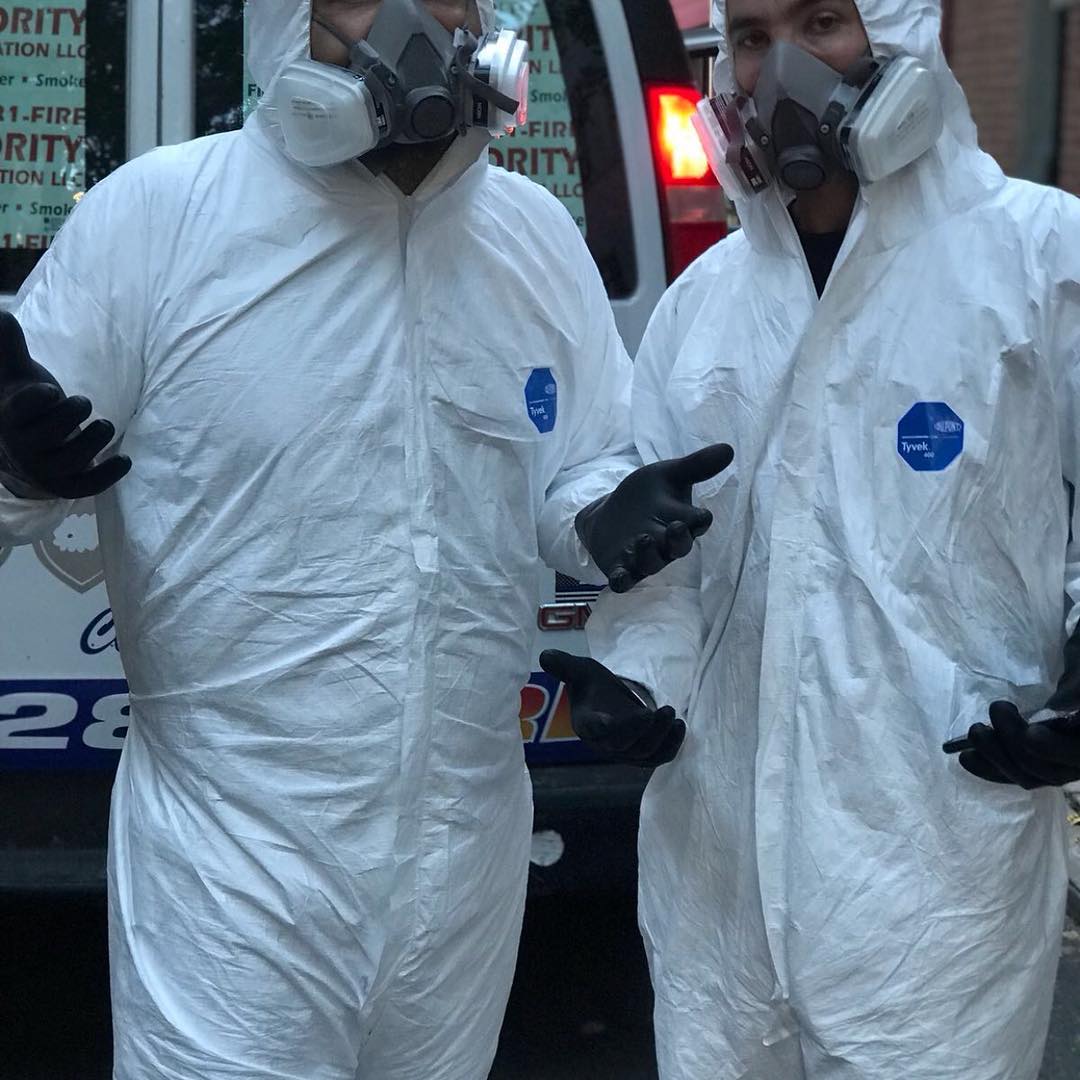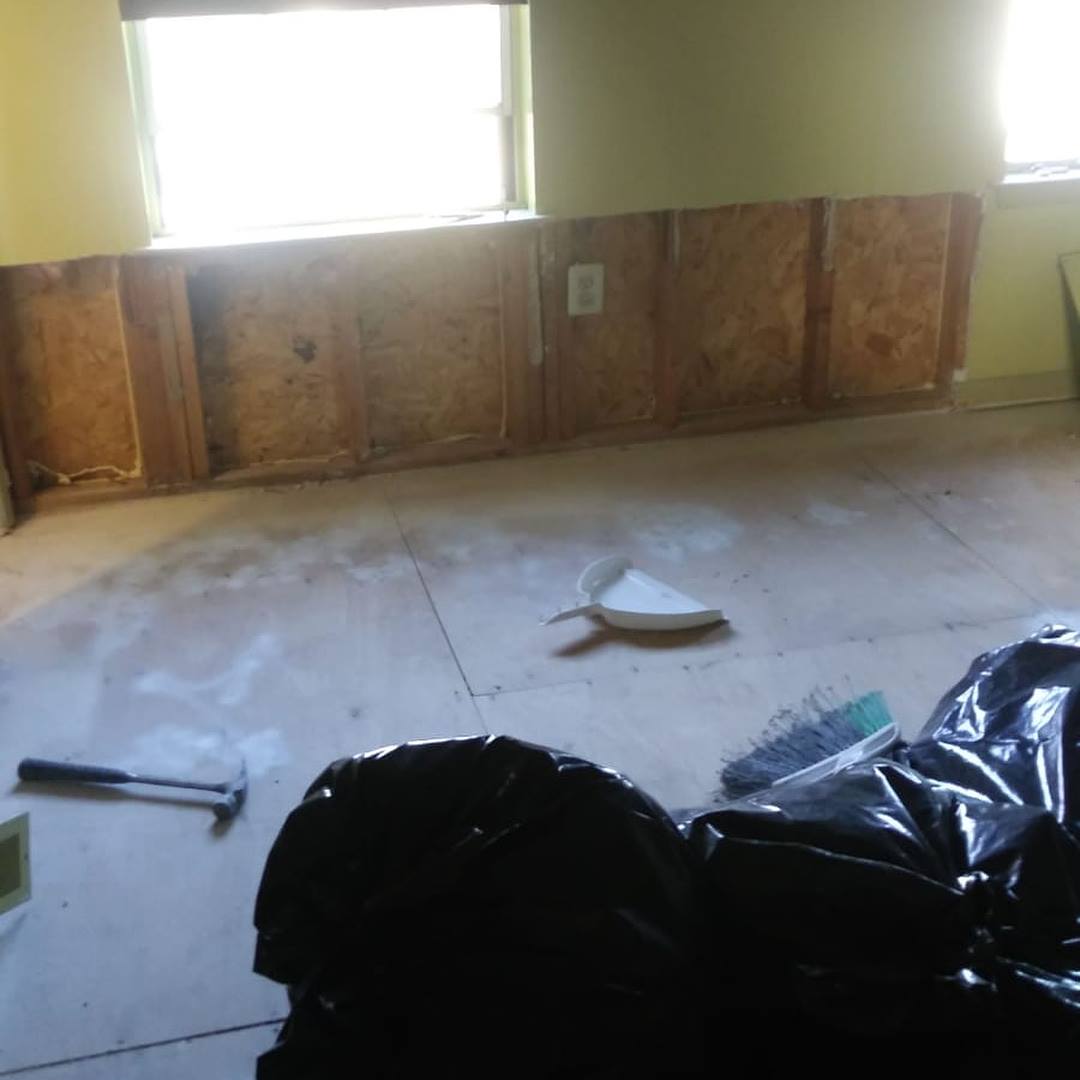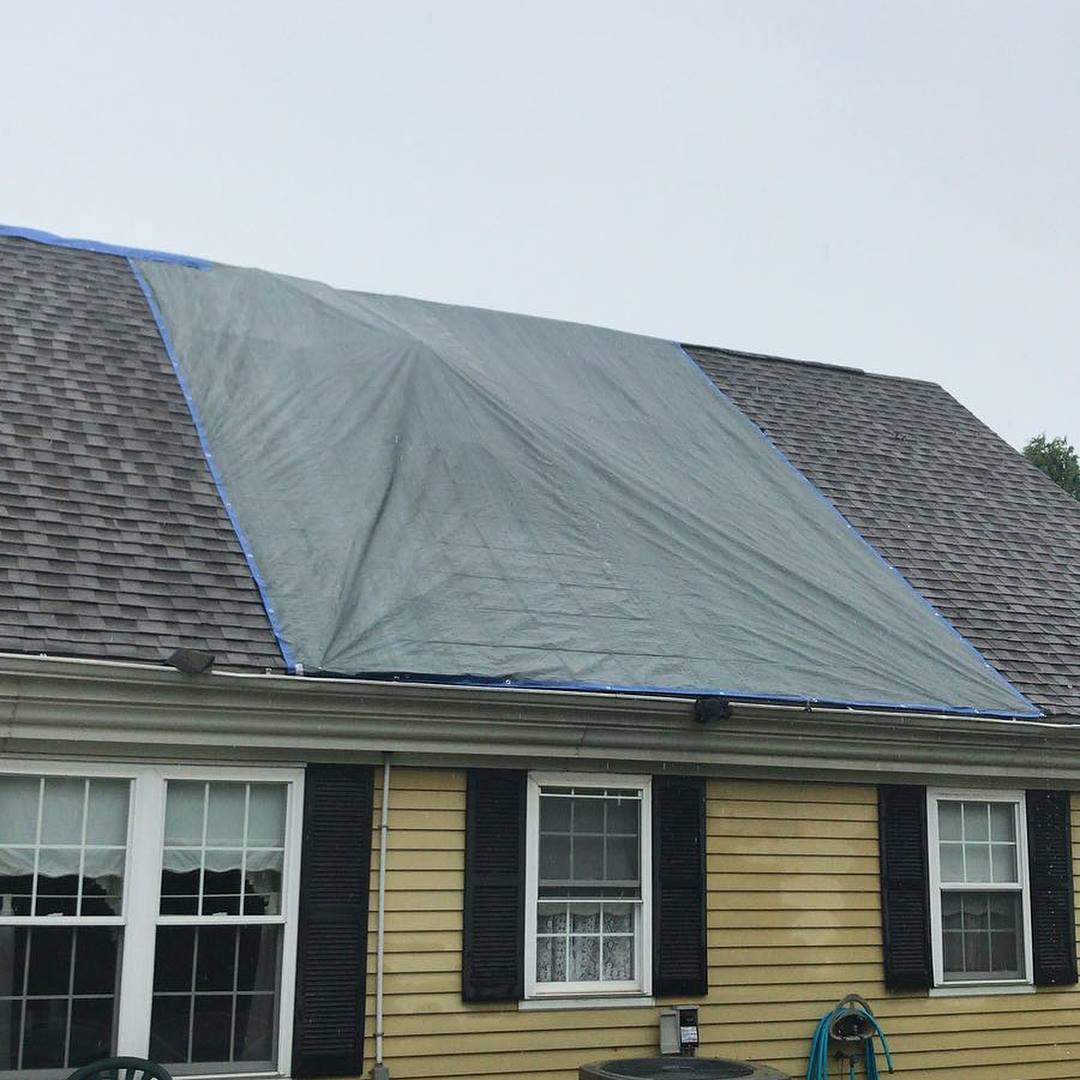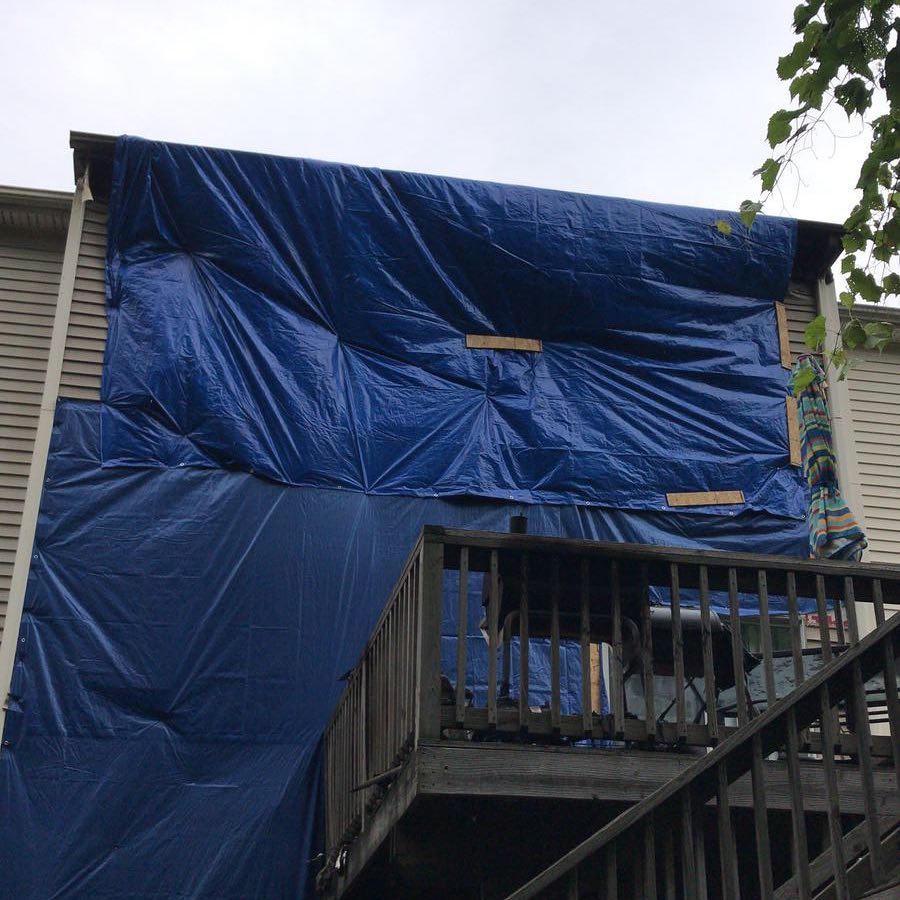
When dealing with frozen and burst pipe flood damage, you need a reliable and local team of Philly damage restoration experts in your corner. We've restored 100s of properties, both residential and commercial, in the Philly area and we're ready to come out and help you 24/7.
We're certified, insured, and work with all insurance companies. We understand how overwhelming it can be dealing with unexpected damage so let us assist you with your claim so you can focus on getting your life back on track.

Request a Free Estimate
or call (445) 234-4123
By submitting the form, you agree to our Terms of Service and Privacy Policy.
One of the most common and destructive winter problems is frozen and burst pipes. As temperatures drop, water in your pipes can freeze, expand, and cause the pipes to burst, leading to significant water damage. At Philly Damage Restoration, we specialize in water damage restoration, and we're here to help you understand how to prevent and manage the aftermath of frozen and burst pipes.
Common Causes of Frozen and Burst Pipes
- Inadequate Insulation: Pipes located in unheated areas such as basements, attics, garages, and crawl spaces are more susceptible to freezing due to lack of proper insulation.
- Sudden Temperature Drops: Rapid declines in temperature can catch homeowners off guard, leaving pipes unprotected against the freeze.
- Poor Maintenance: Cracks and leaks in pipes, often due to aging, can exacerbate the freezing process.
- Thermostat Settings: Keeping your home at too low a temperature, especially if you are away, increases the risk of pipes freezing.
Preventing Frozen Pipes
- Insulate Your Pipes: Use pipe insulation or heat tape on exposed pipes, especially in unheated areas.
- Seal Cracks and Openings: Ensure that all cracks and openings in walls, floors, and ceilings are sealed to prevent cold air from coming into contact with pipes.
- Maintain a Consistent Temperature: Keep your thermostat set to the same temperature during day and night. If you are away, ensure it is not set below 55°F.
- Let Faucets Drip: During extremely cold weather, let faucets drip slightly. This can prevent pipes from freezing by keeping water moving.
- Open Cabinet Doors: Allow warm air to circulate around plumbing, especially in the kitchen and bathroom.
Handling Burst Pipes
Despite your best efforts, sometimes pipes can still burst. Here's what you should do if it happens:
- Shut Off the Water: Immediately turn off the main water supply to prevent further flooding.
- Call a Professional: Contact Philly Damage Restoration for emergency water damage restoration services. Our team is available 24/7 to handle your crisis.
- Remove Excess Water: Use buckets, mops, and towels to remove standing water. A wet/dry vacuum can be very effective.
- Dry the Area: Use fans and dehumidifiers to dry out the affected area and prevent mold growth.
- Document the Damage: Take photos and make a list of damaged items for insurance purposes.
Understanding Residential Insurance Policies
Water damage from burst pipes can be extensive, and navigating insurance claims can be daunting. Here are some key points to consider:
- Coverage for Burst Pipes: Most standard homeowner's insurance policies cover sudden and accidental water damage from burst pipes. However, they do not cover damage resulting from negligence, such as not maintaining heat in your home.
- Document Everything: Take detailed notes and photos of the damage and any repairs you undertake. This documentation will be crucial for your insurance claim.
- Review Your Policy: Ensure you understand the specifics of your coverage, including any exclusions or limitations.
- File a Claim Promptly: Contact your insurance company as soon as possible to start the claims process. Delays can affect your coverage.
- Professional Assistance: Philly Damage Restoration can assist with the documentation and reporting needed for your insurance claim. We work with all major insurance providers to ensure a smooth claims process.
Types of Pipe Materials: Lifespans, Pros, and Cons
Understanding the types of pipe materials used in your home can help you better prepare for and prevent issues like frozen and burst pipes. Different materials have varying lifespans, advantages, and disadvantages. Here's a look at some common types of residential plumbing pipes:
1. Copper Pipes
Lifespan: 50-70 years
Pros:
- Durability: Copper is highly durable and can withstand high water pressure and temperatures.
- Corrosion-Resistant: It is resistant to corrosion and won't degrade easily.
- Health Benefits: Copper is biostatic, meaning it resists the growth of bacteria.
- Recyclable: It is environmentally friendly and can be recycled.
Cons:
- Cost: Copper pipes are more expensive than other materials.
- Freezing Risk: They are prone to bursting if water inside them freezes.
- Installation: Requires soldering, which can be labor-intensive and expensive.
2. PVC (Polyvinyl Chloride) Pipes
Lifespan: 25-40 years
Pros:
- Cost-Effective: PVC pipes are relatively inexpensive.
- Ease of Installation: They are lightweight and easy to install, often requiring only simple tools.
- Corrosion-Resistant: PVC is resistant to corrosion and chemical damage.
Cons:
- Temperature Limitations: PVC pipes can become brittle in extremely cold temperatures, increasing the risk of bursting.
- Pressure: They are not suitable for high-pressure applications.
- Health Concerns: There are concerns about potential health impacts of chemicals leaching from PVC pipes.
3. PEX (Cross-Linked Polyethylene) Pipes
Lifespan: 40-50 years
Pros:
- Flexibility: PEX pipes are highly flexible, which makes them easy to install and reduces the need for joints.
- Freeze Resistance: They can expand and contract, reducing the risk of bursting in freezing temperatures.
- Cost-Effective: Generally less expensive than copper and easier to install, lowering labor costs.
Cons:
- UV Sensitivity: PEX pipes can degrade if exposed to UV light, so they should not be used outdoors.
- Fittings: Requires specialized fittings and tools for connections.
- Chemical Sensitivity: Some concerns exist about potential leaching of chemicals, though this is less of an issue with high-quality PEX.
4. Galvanized Steel Pipes
Lifespan: 20-50 years
Pros:
- Strength: Extremely strong and durable, able to withstand high pressure.
- Cost: Generally less expensive than copper pipes.
Cons:
- Corrosion: Prone to rust and corrosion over time, which can lead to leaks and reduced water quality.
- Weight: Heavier than other materials, making installation more challenging and labor-intensive.
- Lifespan: Shorter lifespan due to corrosion issues, leading to eventual replacement.
5. CPVC (Chlorinated Polyvinyl Chloride) Pipes
Lifespan: 40-50 years
Pros:
- Temperature Resistance: Can handle higher temperatures compared to standard PVC.
- Corrosion-Resistant: Resistant to corrosion and chemical damage.
Cons:
- Brittleness: Can become brittle and crack in extremely cold temperatures.
- Cost: More expensive than standard PVC.
- Chemical Sensitivity: Some concerns about potential chemical leaching.
Trust Philly Damage Restoration
At Philly Damage Restoration, we understand the stress and disruption that frozen and burst pipes can cause. Our experienced team is dedicated to providing fast, reliable, and professional water damage restoration services. From immediate emergency response to thorough cleanup and restoration, we are here to help you every step of the way. Don’t let winter weather ruin your home—trust Philly Damage Restoration to restore it to its original condition.
For more information or to schedule a service, contact Philly Damage Restoration today.
Frequently Asked Questions About Frozen and Burst Pipe Flood Damage in Philly
Pipes freeze and burst primarily due to exposure to extremely cold temperatures. When water inside the pipes freezes, it expands, increasing pressure within the pipe and causing it to burst. Factors like inadequate insulation, sudden temperature drops, and poor maintenance can also contribute to pipes freezing and bursting.





















